|
Thales
|

|
GR
|
(∼624 BC – ∼546 BC)
|
geometry
|
|
Pythagoras
|
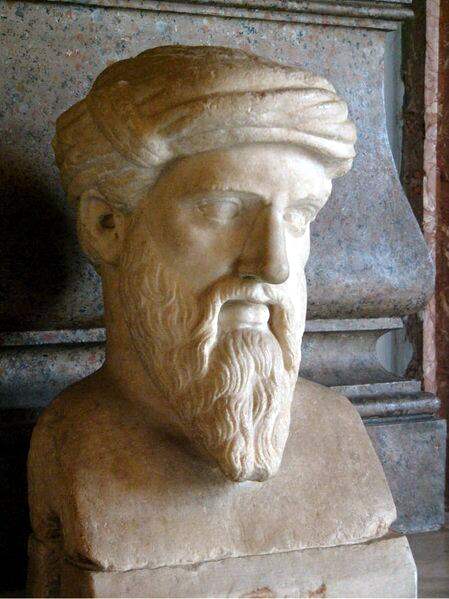
|
GR
|
(∼570 BC – ∼495 BC)
|
arithmetic;
Pythagorean theorem
|
|
Eudoxus of Cnidus
|
|
GR
|
(∼408 BC – ∼355 BC)
|
geometry;
method of exhaustion
(integral calculus)
|
|
Euclid
|
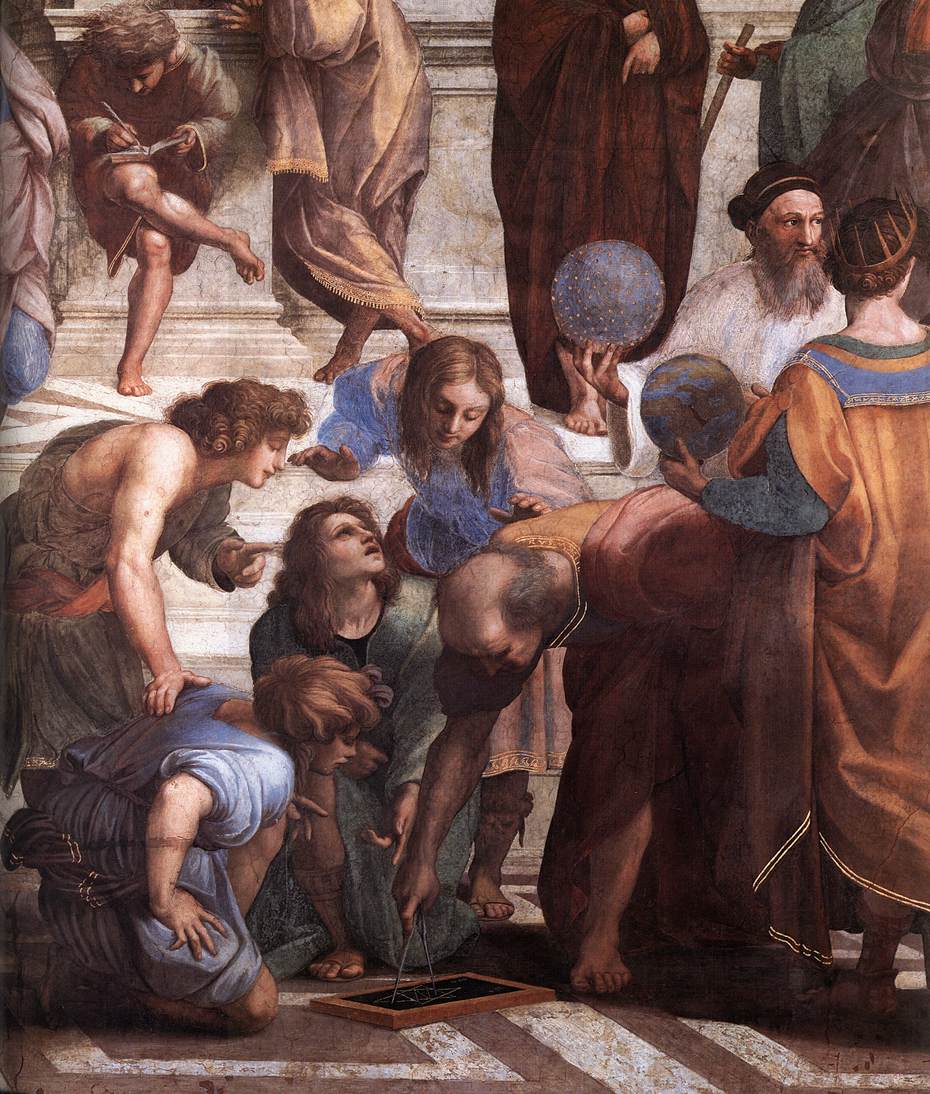
|
GR
|
(∼300 BC)
|
arithmetic;
number theory;
trigonometry;
Euclidian geometry
|
|
Archimedes
|

|
GR
|
(∼287 BC – ∼212 BC)
|
geometry;
volumes of solids of revolution;
trigonometry;
Archimedean spiral
|
|
Eratosthenes
|
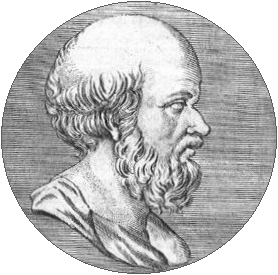
|
GR
|
(∼276 BC – ∼195 BC)
|
sieve of Eratosthenes
(number theory)
|
|
Apollonius of Perga
|
|
GR
|
(∼262 BC – ∼190 BC)
|
conic sections
(geometry);
book "Conics"
|
|
Hipparchus
|

|
GR
|
(∼190 BC – ∼120 BC)
|
trigonometry
|
|
Heron of Alexandria
|
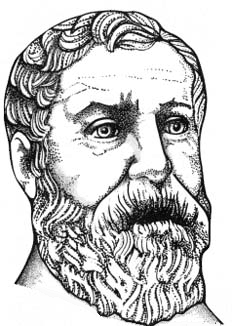
|
GR
|
(∼10 – ∼70)
|
square roots;
algebraic equations;
polynomials of degree 2;
Heron's formula
|
|
Diophantus
|
|
GR
|
(between 201 and 215 – between 285 and 299)
|
algebraic equations;
polynomials of degree 2;
Diophantine equations
|
| |
|
|
|
|
|
Sun Zi
|
|
CN
|
(between 200 and 500)
|
algebraic equations;
Diophantine equations;
square roots;
Chinese remainder theorem
(number theory);
books
|
|
Aryabhata
|
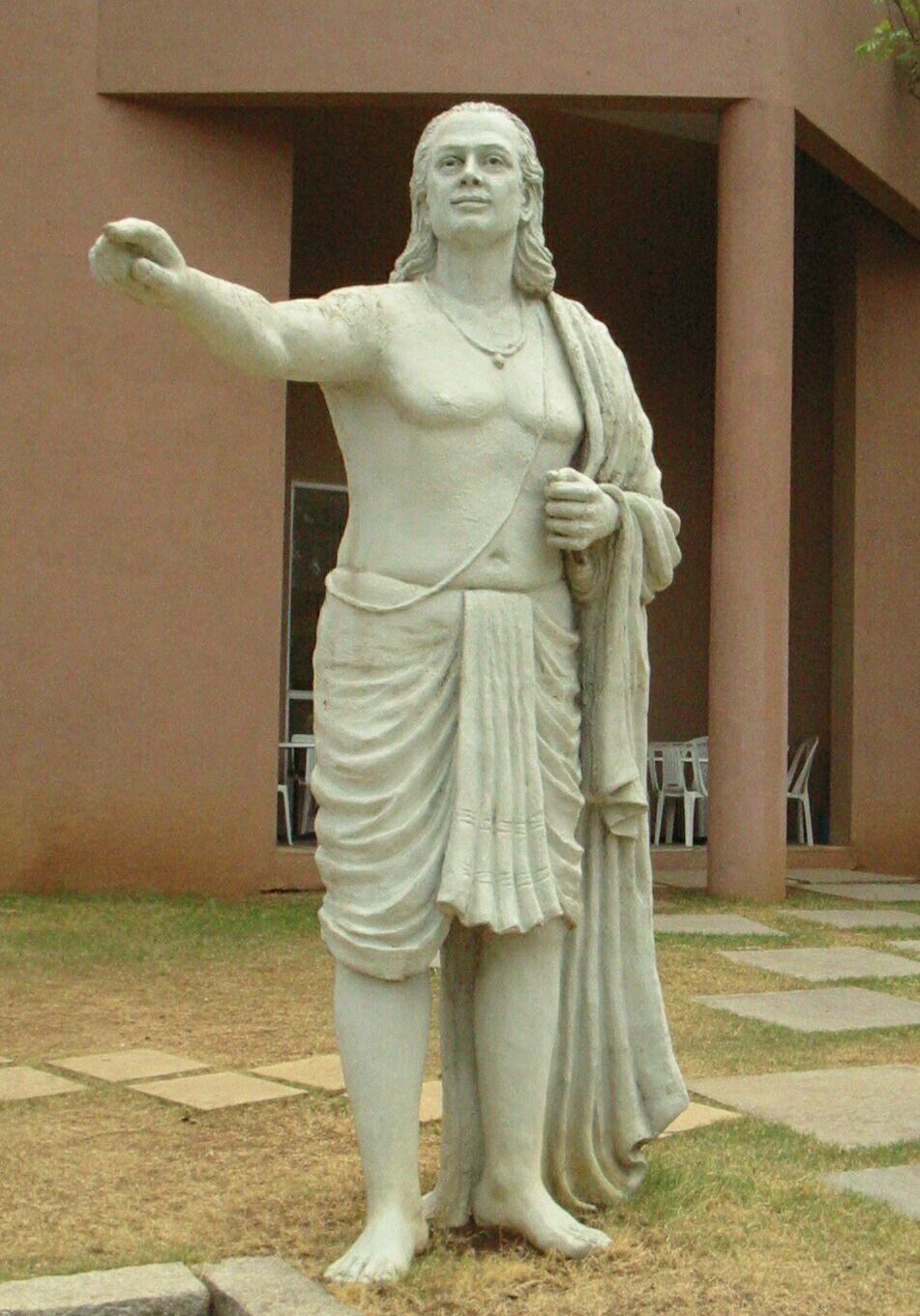
|
IN
|
(476 – 550)
|
algebraic equations;
polynomials of degree 2;
Diophantine equations;
trigonometry
|
|
Brahmagupta
|
|
IN
|
(597 – 668)
|
algebraic equations;
polynomials of degree 2;
Diophantine equations;
Pell's equation;
arithmetic;
use of 0
|
|
al-Khwarizmi
|

|
Persia
|
(∼780 – ∼850)
|
algebraic equations;
polynomials of degree 2;
arithmetic;
Hindu-Arabic numeral system
|
|
Bhaskara II
|
|
IN
|
(1114 – 1185)
|
algebraic equations;
polynomials of degree 2;
Diophantine equations;
Pell's equation
|
|
Fibonacci
|
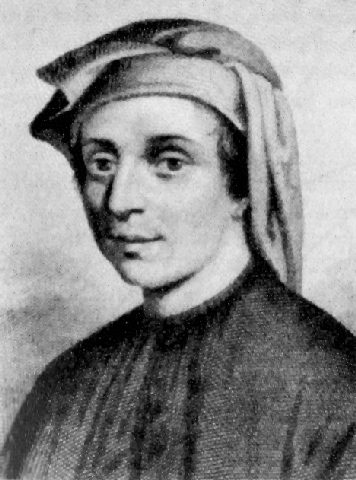
|
IT
|
(∼1170 – ∼1250)
|
Fibonacci numbers;
Hindu-Arabic numeral system
|
| |
|
|
|
|
|
Del Ferro
|
|
IT
|
(1465 – 1526)
|
algebraic equations;
polynomials of degree 3
|
|
Tartaglia
|
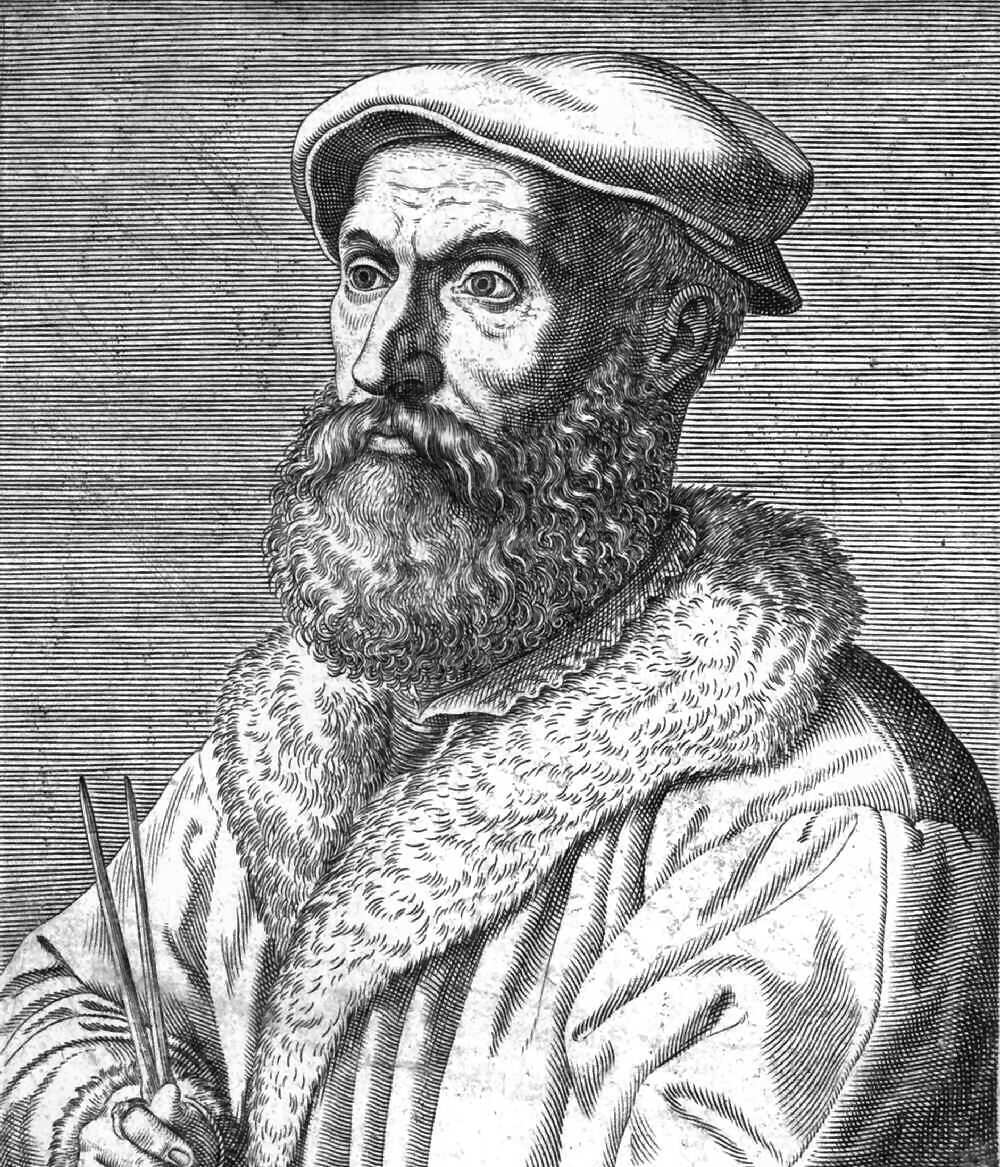
|
IT
|
(1499 – 1557)
|
algebraic equations;
polynomials of degree 3
|
| |
|
|
|
|
|
Cardano
|

|
IT
|
(1501 – 1576)
|
algebraic equations;
polynomials of degree 3
|
|
Ferrari
|
|
IT
|
(1522 – 1565)
|
algebraic equations;
polynomials of degree 4
|
|
Viète
|

|
FR
|
(1540 – 1603)
|
convention of using letters for unknowns in equations
|
|
Napier
|
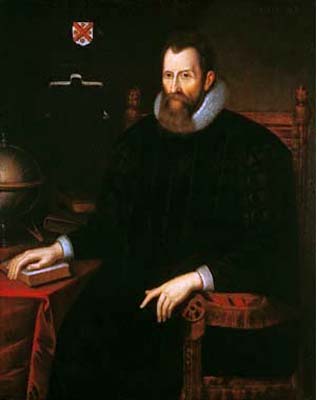
|
UK
|
(1550 – 1617)
|
logarithm;
decimal point
|
|
Faulhaber
|
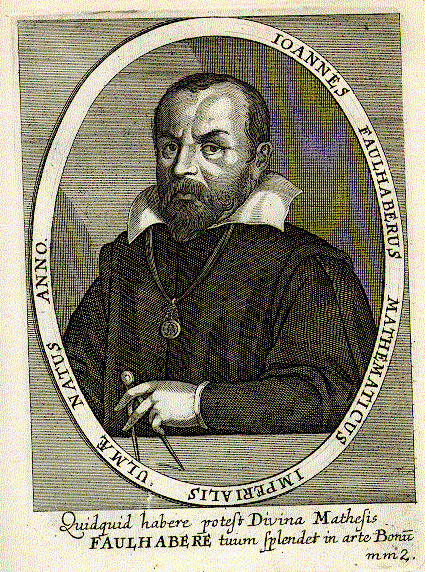
|
DE
|
(1580 – 1635)
|
Faulhaber's formula (sums of powers)
|
|
Mersenne
|
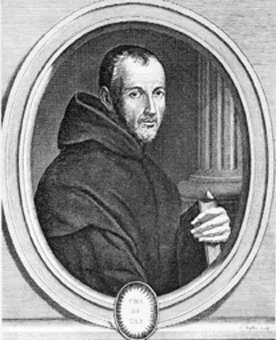
|
FR
|
(1588 – 1648)
|
Mersenne primes
|
|
Descartes
|

|
FR
|
(1596 – 1650)
|
Cartesian geometry;
convention of using x, y, z, etc. for unknowns in equations and a, b, c, etc. for knowns
|
| |
|
|
|
|
|
Fermat
|
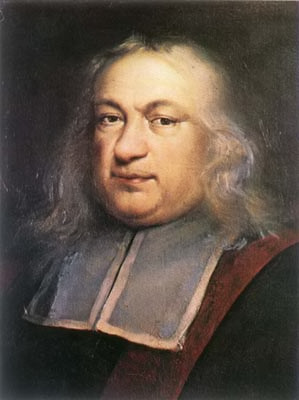
|
FR
|
(∼1601 – 1665)
|
Diophantine equations;
Pell's equation;
Fermat's little theorem
(number theory);
Fermat's theorem on sums of two squares
(number theory);
Fermat numbers
(number theory)
Fermat's last theorem
(number theory)
|
|
Wallis
|
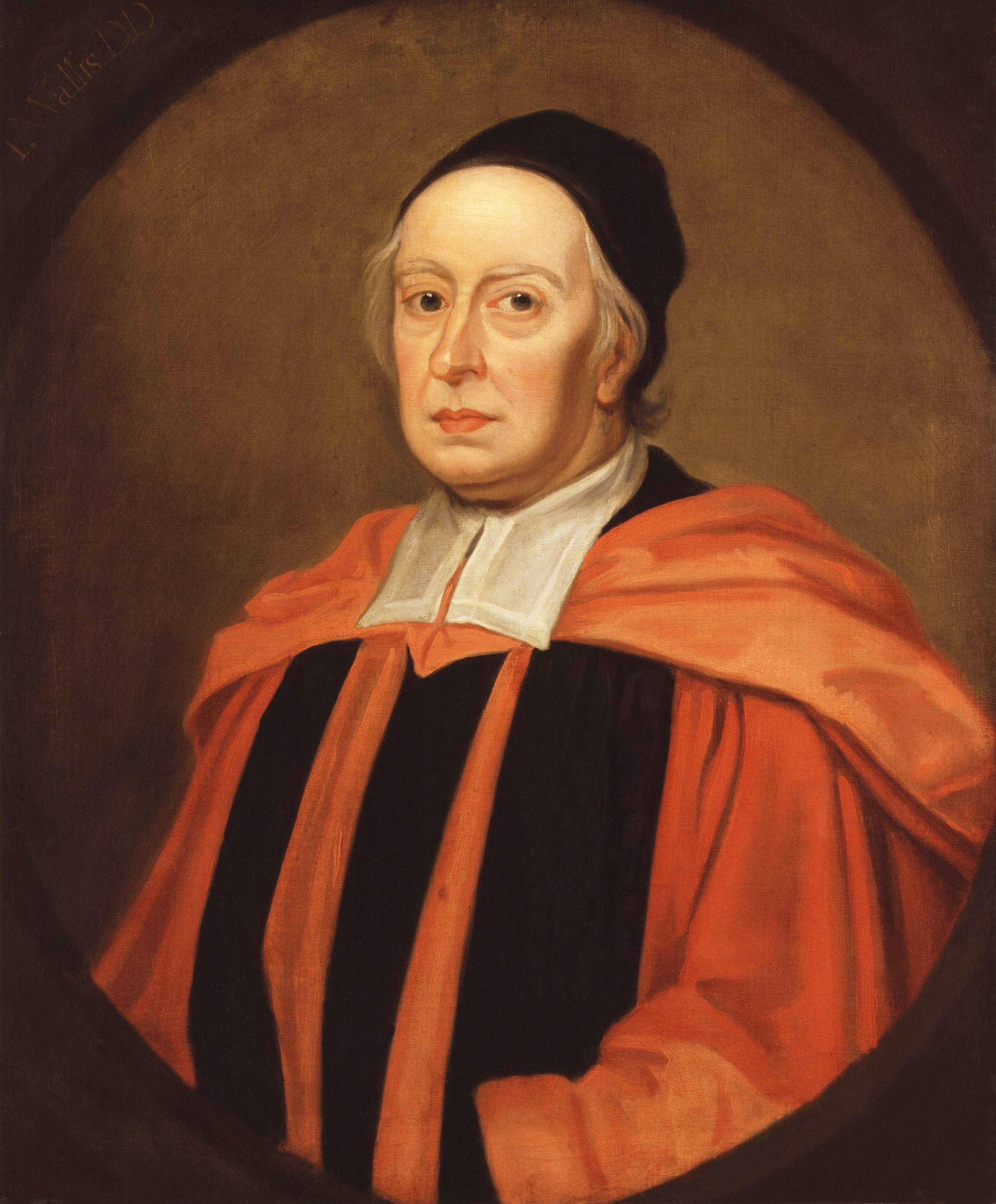
|
UK
|
(1616 – 1703)
|
approximation of π;
convention of using symbol ∞
for infinity;
infinitesimal calculus
|
|
Pascal
|
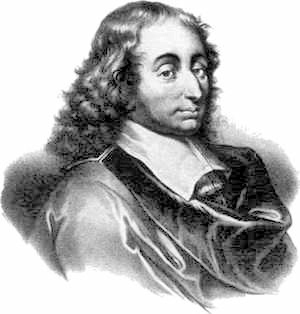
|
FR
|
(1623 – 1662)
|
probability theory;
Pascal's triangle
|
|
Newton
|

|
UK
|
(1642 – 1727)
|
dynamical systems;
infinitesimal calculus;
binomial theorem
|
|
Leibniz
|

|
DE
|
(1646 – 1716)
|
infinitesimal calculus;
convention of using d for differentials
(infinitesimal calculus;);
convention of using an elongated S for integrals
(integral calculus)
|
|
Rolle
|

|
FR
|
(1652 – 1719)
|
Rolle's theorem
|
|
Bernoulli, Jacob
|
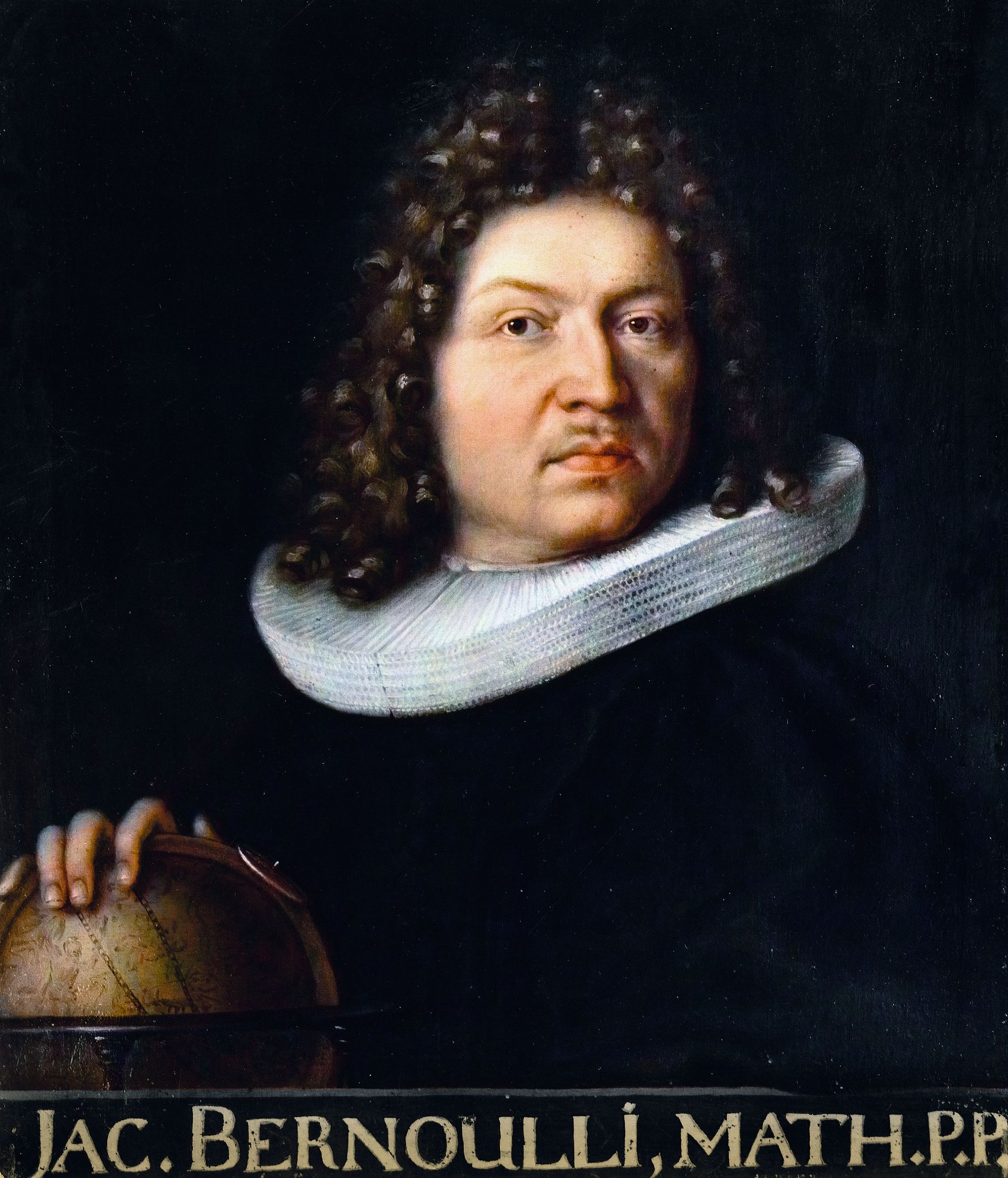
|
CH
|
(1654 – 1705)
|
Bernoulli numbers;
constant e;
Bernoulli distribution;
Bernoulli differential equation
|
|
L'Hôpital
|
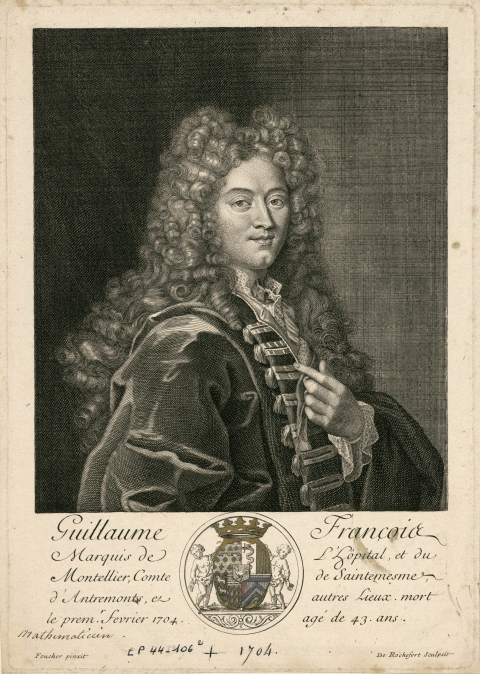
|
FR
|
(1661 – 1704)
|
L'Hôpital's rule
(infinitesimal calculus)
|
|
Bernoulli, Johann
|
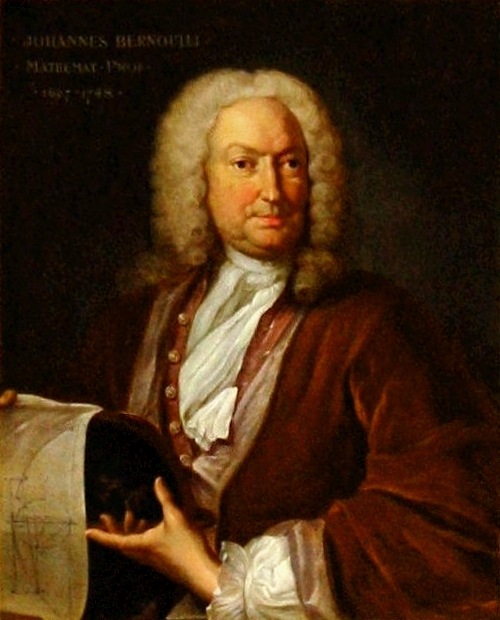
|
CH
|
(1667 – 1748)
|
infinitesimal calculus
|
|
Riccati
|

|
IT
|
(1676 – 1754)
|
Riccati equation
(differential equation)
|
|
Taylor, Brook
|
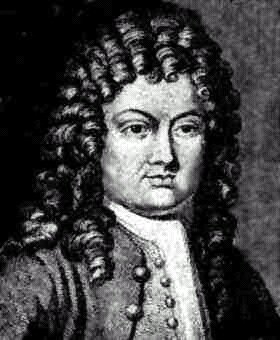
|
UK
|
(1685 – 1731)
|
Taylor series;
Taylor's theorem
|
|
Goldbach
|
|
DE
|
(1690 – 1764)
|
Goldbach's conjecture;
Fermat numbers
(number theory)
|
|
Stirling
|
|
UK
|
(1692 – 1770)
|
Stirling numbers
(combinatorics);
Stirling permutations
(combinatorics);
Stirling's approximation
(factorials)
|
|
Bernoulli, Nicolaus II
|
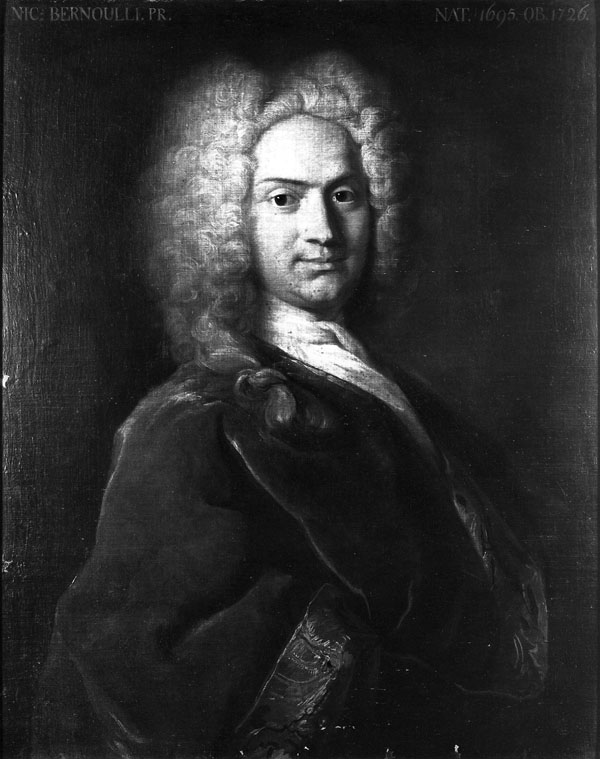
|
CH
|
(1695 – 1726)
|
St. Petersburg paradox
(probability theory)
|
|
Maclaurin
|
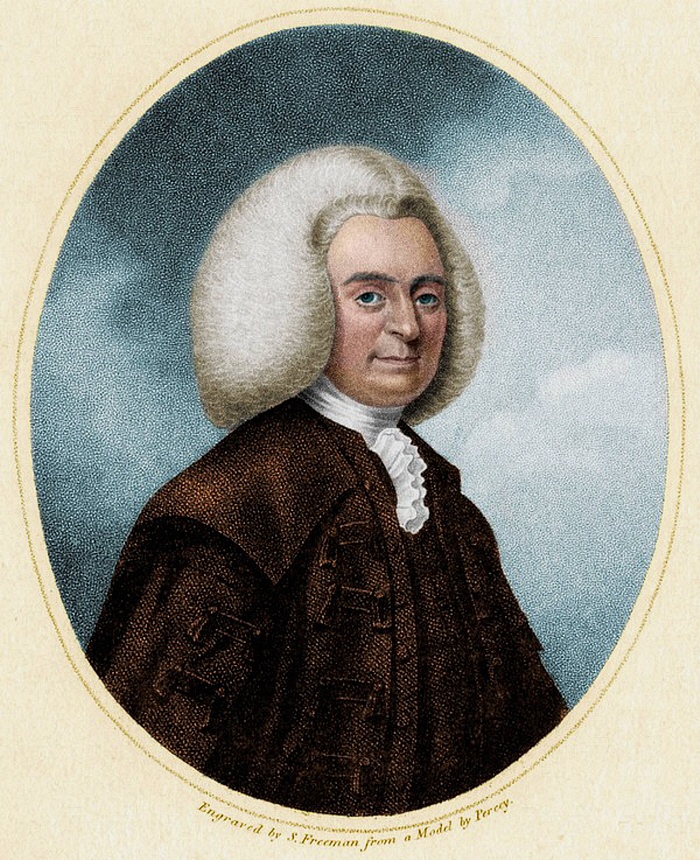
|
UK
|
(1698 – 1746)
|
Maclaurin series;
Euler-Maclaurin formula
(series
and
integral calculus)
|
| |
|
|
|
|
|
Bernoulli, Daniel
|
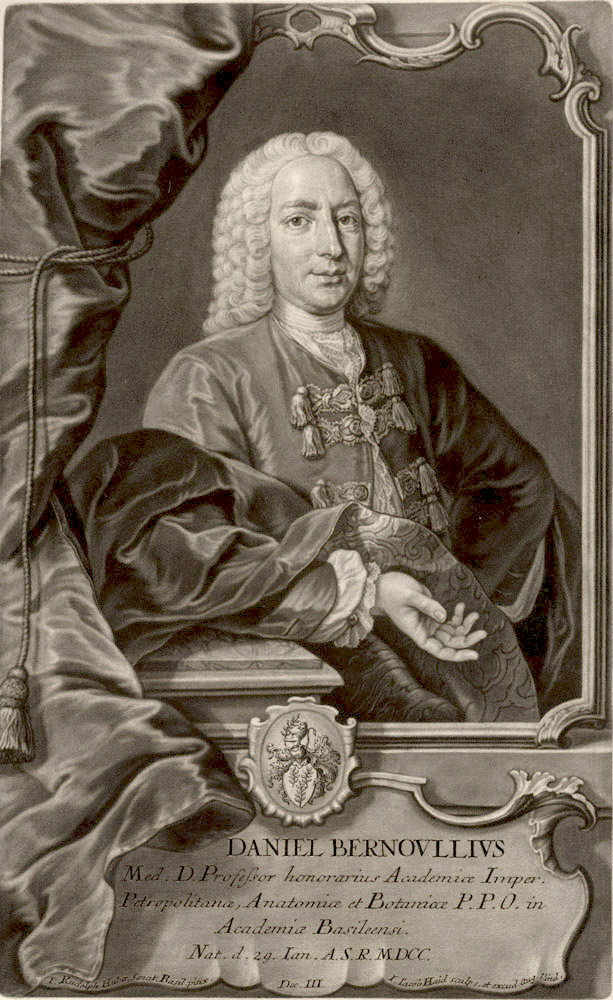
|
CH
|
(1700 – 1782)
|
probability theory
|
|
Bayes
|
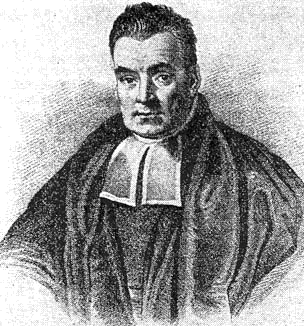
|
UK
|
(1701 – 1761)
|
Bayesian probability
(probability theory)
|
|
Cramer
|

|
CH
|
(1704 – 1752)
|
Cramer's rule
(matrix theory)
|
|
Euler
|

|
CH
|
(1707 – 1783)
|
infinitesimal calculus;
Seven Bridges of Königsberg
(graph theory);
number theory;
Euler's totient function;
power series;
Euler-Maclaurin formula
(series
and
integral calculus);
transcendental numbers;
concept of mathematical function
|
|
Simpson
|
|
UK
|
(1710 – 1761)
|
Simpson's rule
(integral calculus)
|
|
Clairaut
|
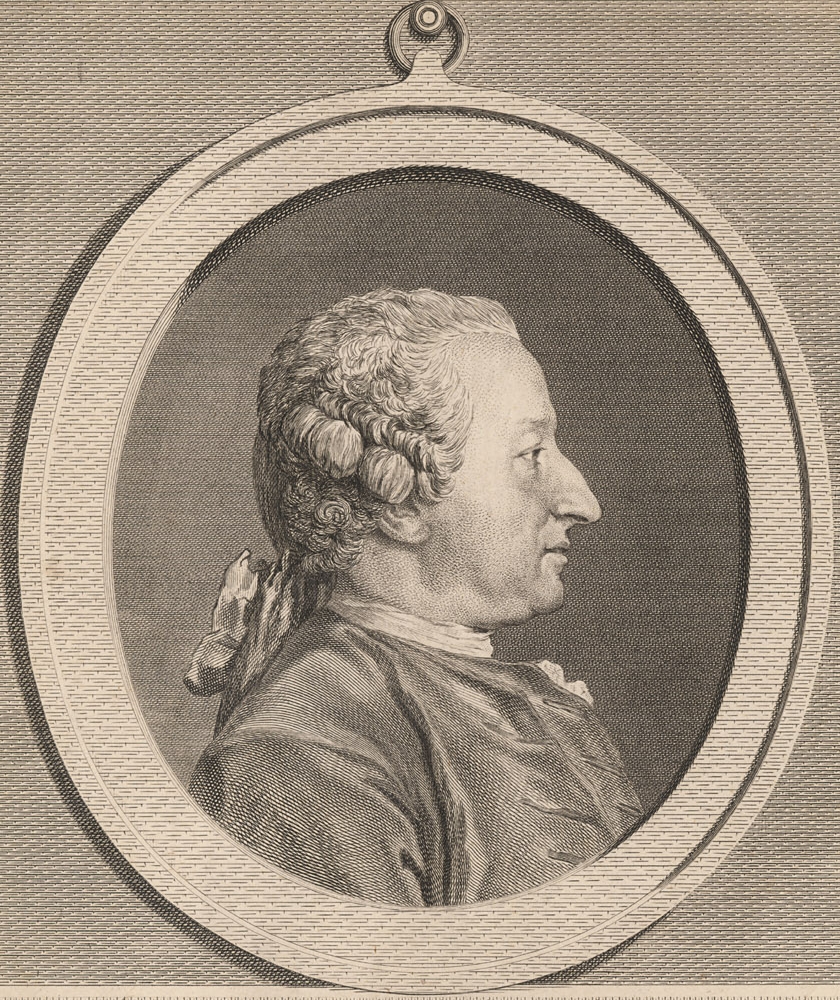
|
FR
|
(1713 – 1765)
|
Clairaut's equation
(differential equation);
Clairaut's relation
(differential geometry)
|
|
D'Alembert
|

|
FR
|
(1717 – 1783)
|
fundamental theorem of algebra;
d'Alembertian
|
|
Bézout
|
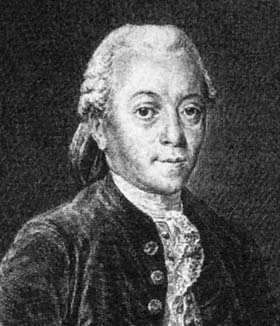
|
FR
|
(1730 – 1783)
|
algebraic equations;
Bézout's identity
(number theory)
|
|
Vandermonde
|
|
FR
|
(1735 – 1796)
|
Vandermonde matrix;
Vandermonde determinant;
Vandermonde's identity
|
|
Lagrange
|

|
IT
|
(1736 – 1813)
|
Lagrange's four-square theorem
(number theory);
calculus of variations;
Euler-Lagrange equation
(differential equation);
Lagrange multipliers
(mathematical optimization);
Lagrangian
|
|
Laplace
|
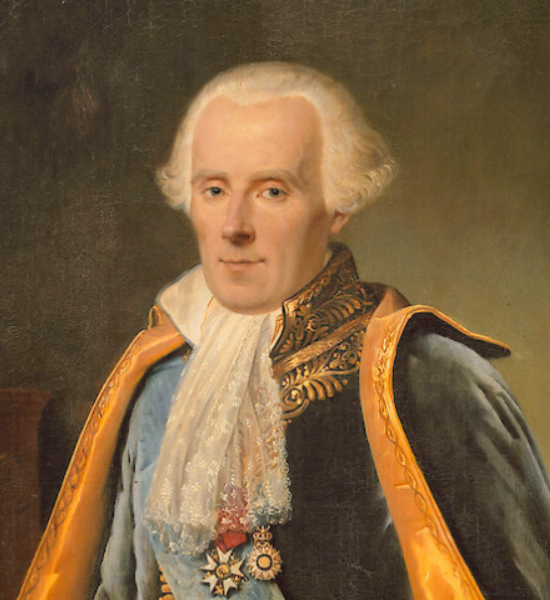
|
FR
|
(1749 – 1827)
|
Laplacian;
Laplace transform;
Bayesian probability
(probability theory)
|
|
Legendre
|

|
FR
|
(1752 – 1833)
|
least squares method;
Legendre polynomials;
quadratic reciprocity law;
elliptic functions;
Legendre symbol
|
|
Fourier
|

|
FR
|
(1768 – 1830)
|
Fourier series;
Fourier transform
|
|
Germain
|

|
FR
|
(1776 – 1831)
|
number theory;
Fermat's last theorem
(number theory);
differential equations
|
|
Gauss
|

|
DE
|
(1777 – 1855)
|
fundamental theorem of algebra;
number theory;
quadratic forms;
modular arithmetic;
convention of using ≡ for congruence;
geometry;
Gaussian curvature
(differential geometry);
differential geometry of surfaces;
Gauss-Jordan elimination
(matrix theory)
|
|
Poisson
|
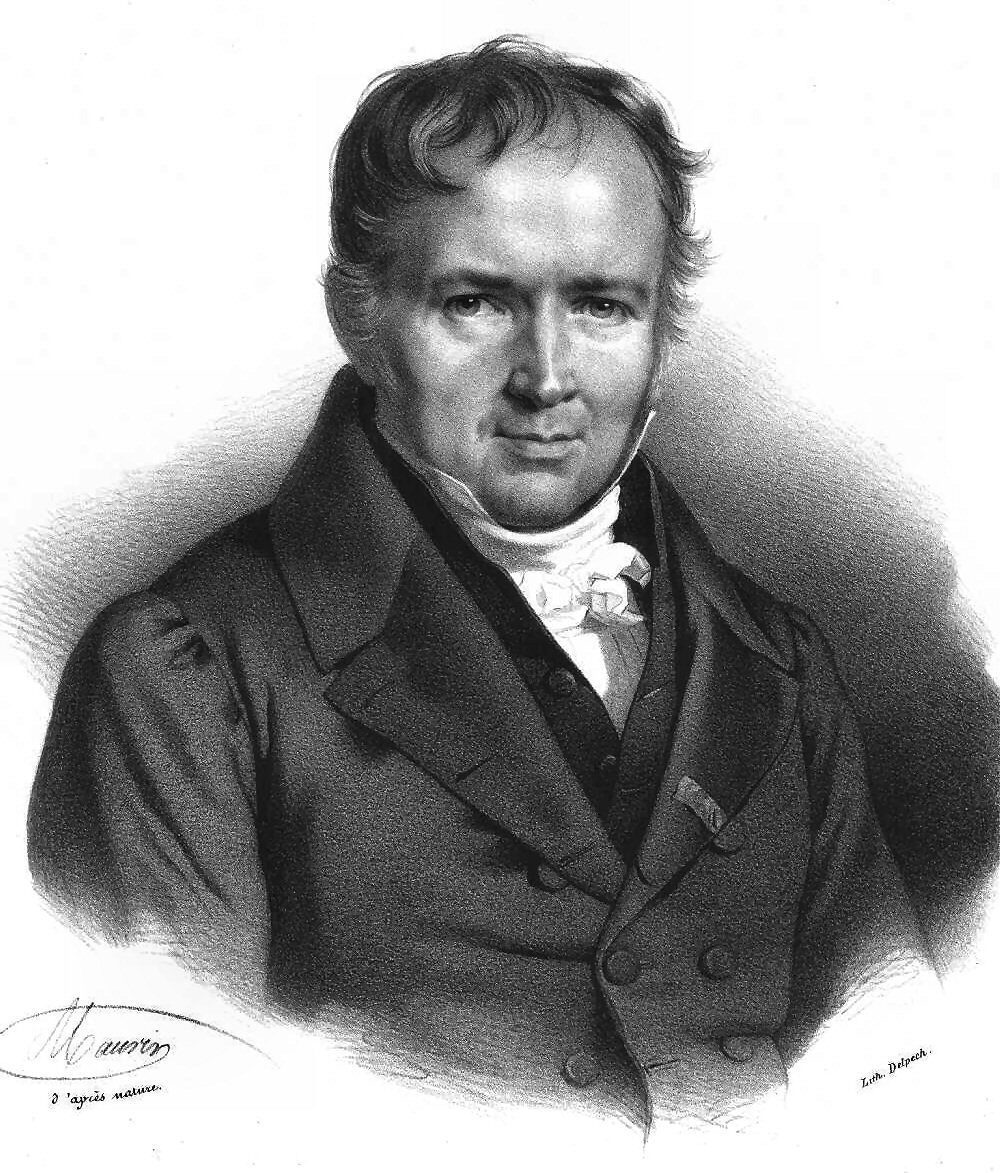
|
FR
|
(1781 – 1840)
|
differential equations;
Poisson's equation;
probability theory;
Poisson distribution
|
|
Bolzano
|
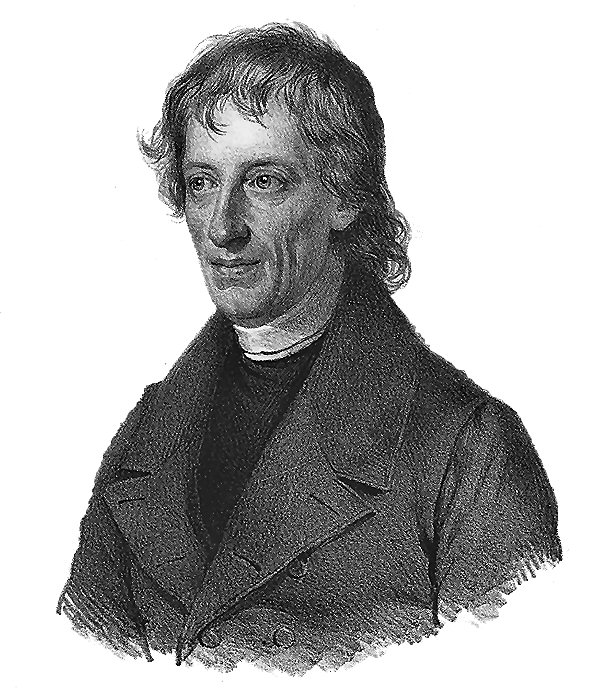
|
CZ
|
(1781 – 1848)
|
foundations of mathematics;
limit of a function;
Bolzano-Weierstrass theorem
|
|
Bessel
|
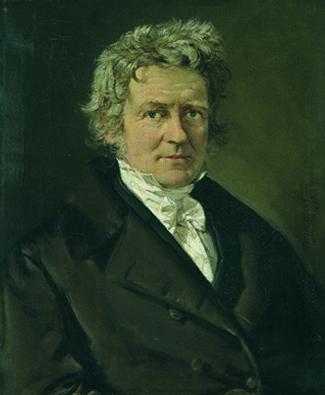
|
DE
|
(1784 – 1846)
|
Bessel functions
(special functions)
|
|
Binet
|
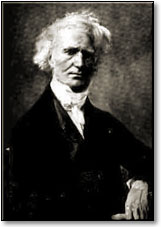
|
FR
|
(1786 – 1856)
|
matrix multiplication;
Cauchy-Binet formula
(matrix theory);
matrix algebra;
Binet-Cauchy identity;
Binet's Fibonacci number formula
(number theory);
Binet equation
(differential equation)
|
|
Cauchy
|

|
FR
|
(1789 – 1857)
|
foundations of mathematics;
series;
complex analysis;
infinitesimal calculus;
limit of a function;
Cauchy sequence;
continuity;
Cauchy-Schwarz inequality;
group theory
(abstract algebra)
|
|
Lobachevsky
|

|
RU
|
(1792 – 1856)
|
hyperbolic geometry
(non-Euclidean geometry)
|
|
Green
|
|
UK
|
(1793 – 1841)
|
Green's theorem
(integral calculus)
Green's identities
(integral calculus)
|
|
Chasles
|
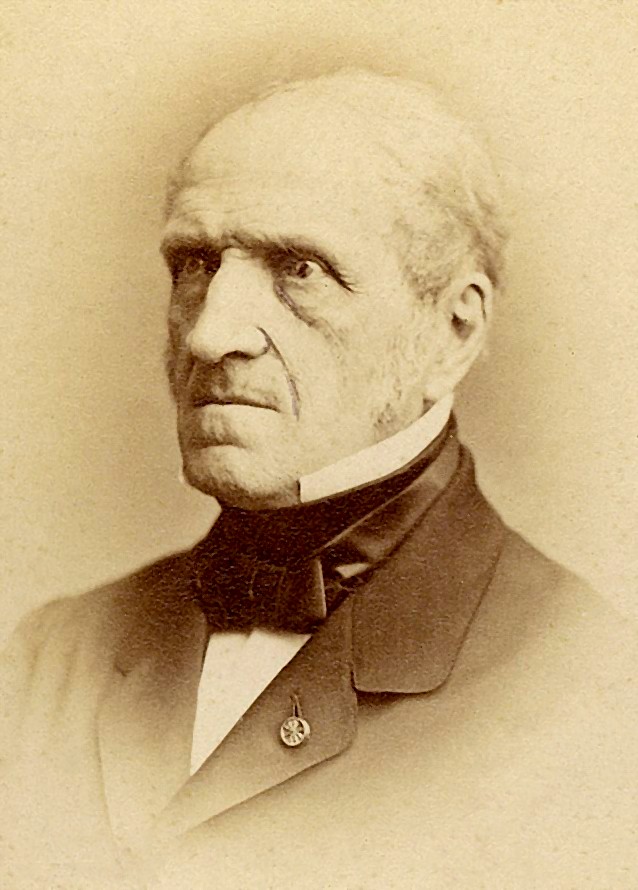
|
FR
|
(1793 – 1880)
|
Chasles's relation (geometry);
cross-ratio
(geometry);
coined the term "homothety"
|
|
Bienaymé
|
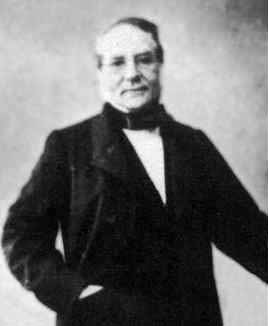
|
FR
|
(1796 – 1878)
|
Bienaymé-Chebyshev inequality
(probability theory);
Bienaymé formula
(statistics)
|
|
Sarrus
|
|
FR
|
(1798 – 1861)
|
rule of Sarrus (determinants);
Sarrus numbers
(number theory);
|
| |
|
|
|
|
|
Ostrogradsky
|

|
RU
|
(1801 – 1862)
|
divergence theorem;
calculus of variations
|
|
Abel
|

|
NO
|
(1802 – 1829)
|
algebraic equations;
polynomials of degree 5;
group theory
(abstract algebra);
Abelian integrals
(integral calculus);
elliptic integrals
(integral calculus)
|
|
Bolyai
|
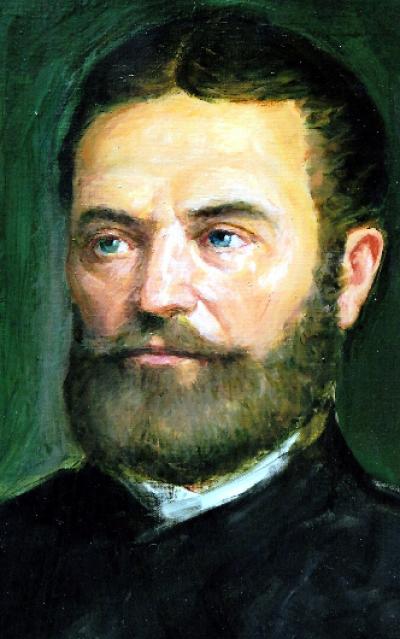
|
HU
|
(1802 – 1860)
|
non-Euclidian geometry;
complex analysis
|
|
Sturm
|

|
FR
|
(1803 – 1855)
|
Sturm's theorem
(polynomials);
Sturm-Liouville equation
(differential equation);
Sturm-Liouville theory (S-L theory);
Sturm series
(polynomials)
|
|
Jacobi
|
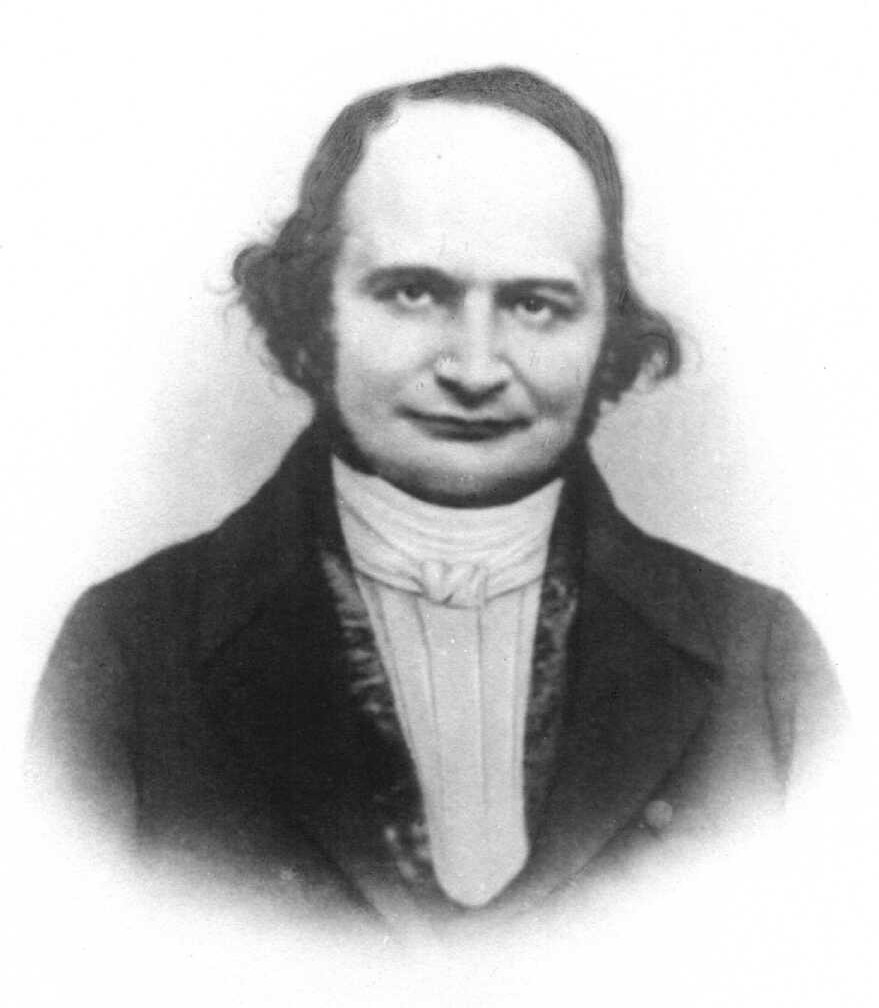
|
DE
|
(1804 – 1851)
|
elliptic functions;
Hamilton-Jacobi equation
(differential equation);
Jacobian matrix;
Jacobian (determinant);
Jacobi symbol
|
|
Dirichlet
|
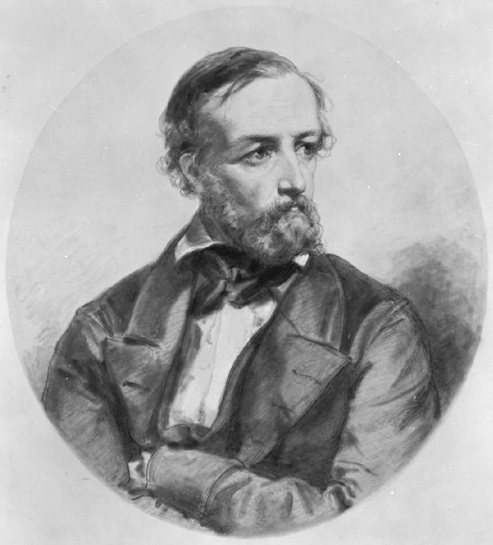
|
DE
|
(1805 – 1859)
|
number theory;
Dirichlet L-functions;
Fourier series;
continuity;
Dirichlet integral
(integral calculus)
|
|
Hamilton
|
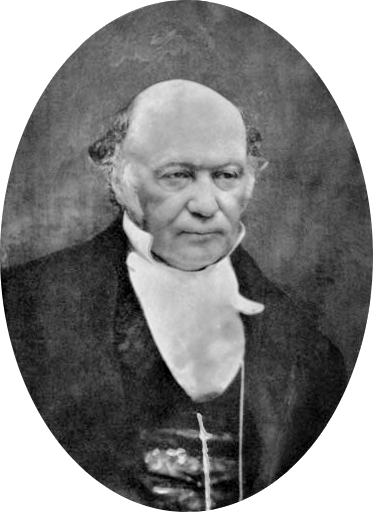
|
IE
|
(1805 – 1865)
|
Hamiltonian;
quaternions;
hamiltonian paths
(graph theory);
Hamilton-Jacobi equation
(differential equation)
|
|
De Morgan
|
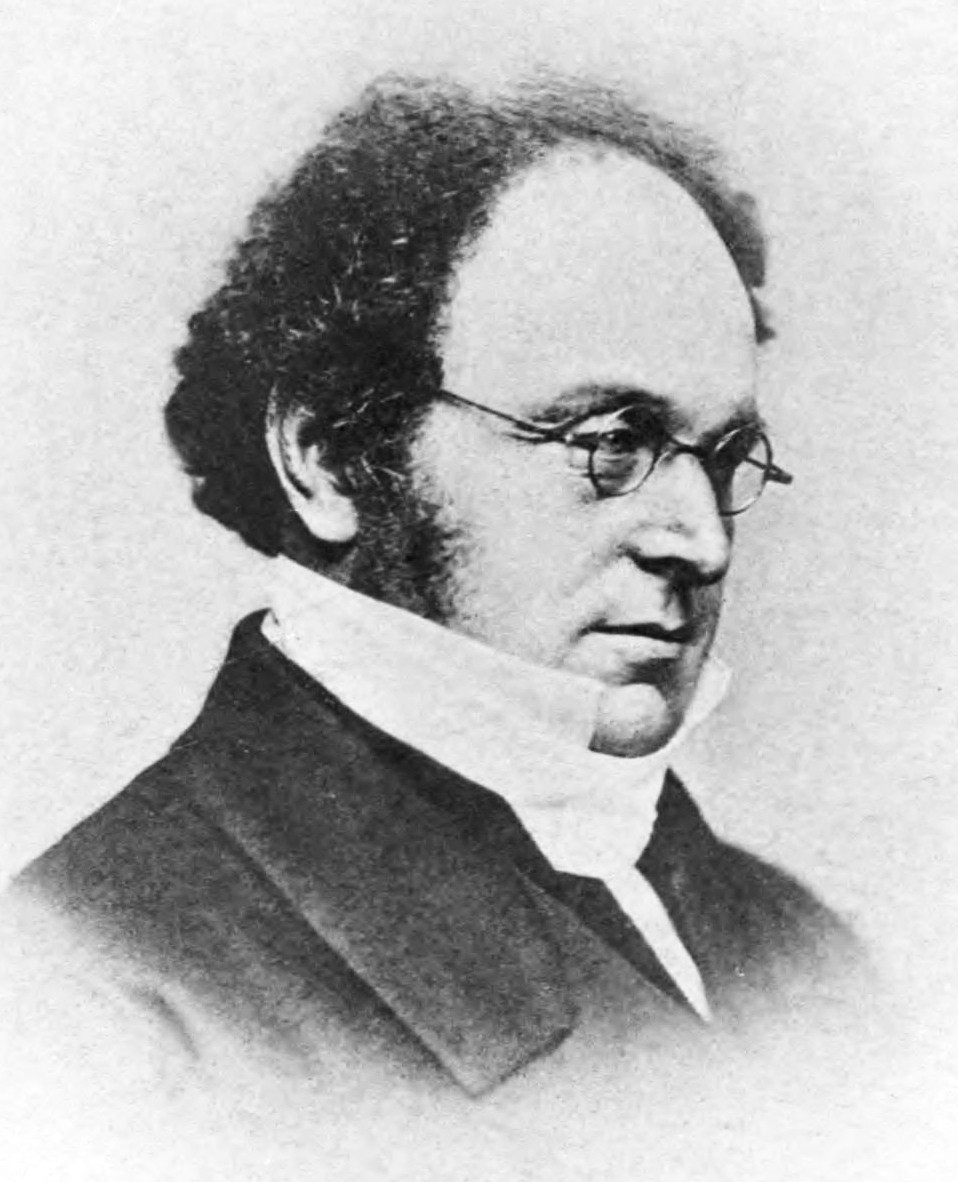
|
UK
|
(1806 – 1871)
|
De Morgan's laws;
mathematical logic;
mathematical induction
|
|
Liouville
|

|
FR
|
(1809 – 1882)
|
number theory;
complex analysis;
Liouville's theorem;
transcendental numbers;
Liouville numbers;
Sturm-Liouville theory
|
|
Galois
|
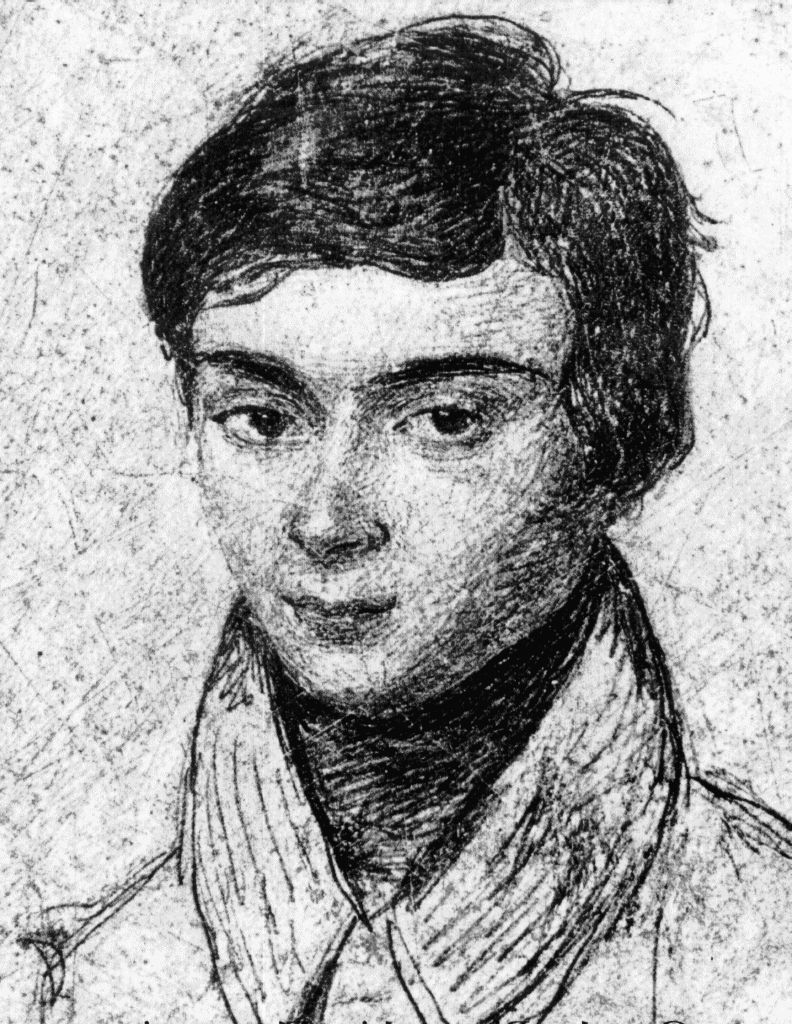
|
FR
|
(1811 – 1832)
|
algebraic equations;
polynomials of any degree;
Galois theory
|
|
Laurent
|

|
FR
|
(1813 – 1854)
|
Laurent series
(complex analysis);
Laurent polynomial
|
|
Sylvester
|
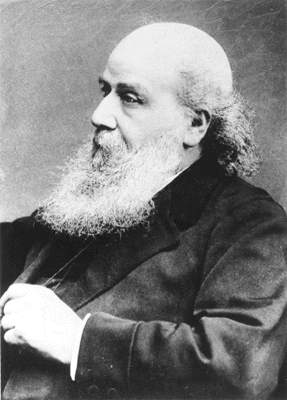
|
UK
|
(1814 – 1897)
|
Sylvester's determinant theorem
(matrix theory);
Sylvester's formula
(matrix theory);
Sylvester equation
(matrix theory);
coined the terms "graph", "discriminant", and "totient"
|
|
Weierstrass
|
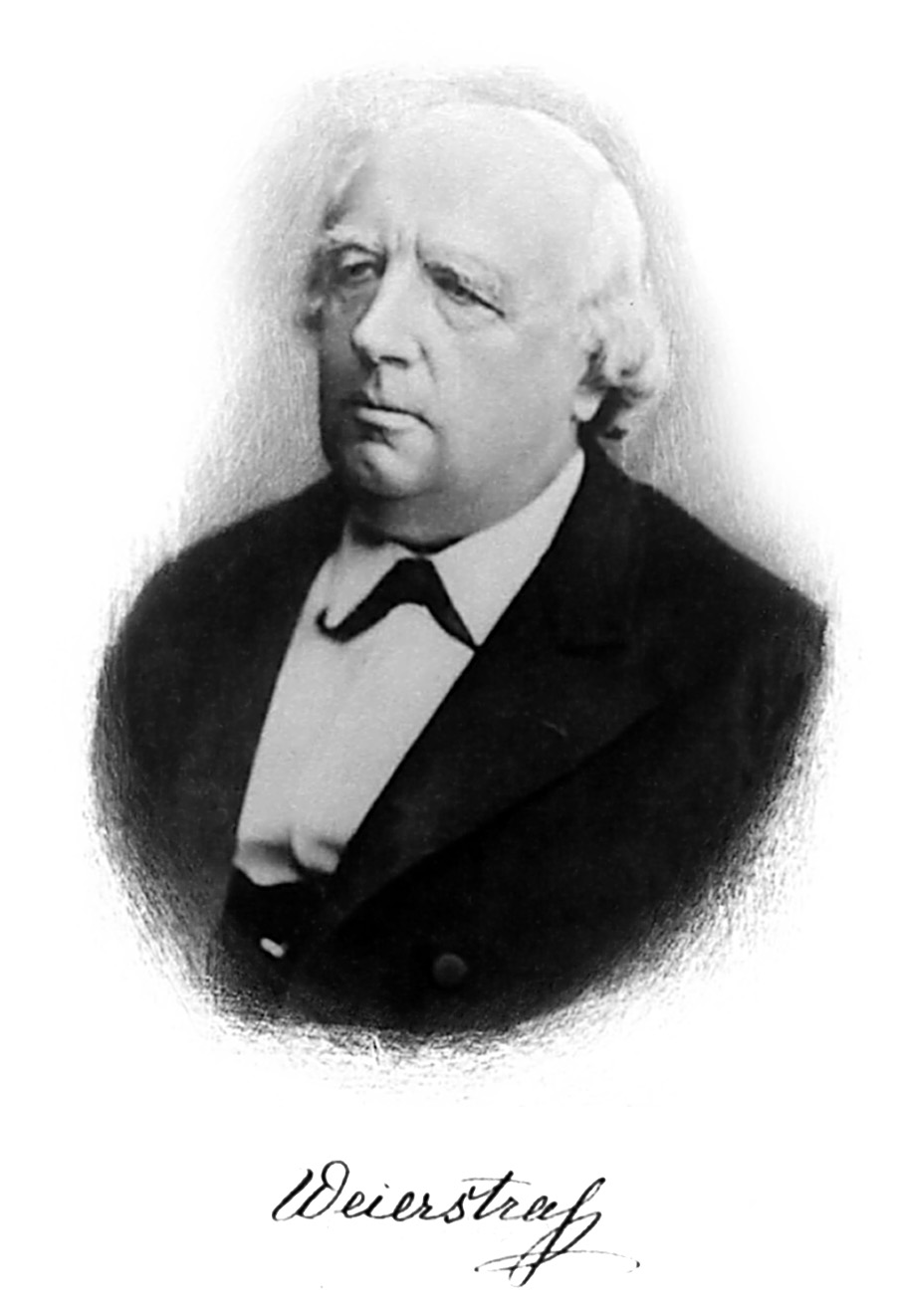
|
DE
|
(1815 – 1897)
|
foundations of mathematics;
axiomatization;
limit of a function;
analysis;
Weierstrass factorization theorem
(complex analysis);
Bolzano-Weierstrass theorem;
elliptic functions;
calculus of variations
|
|
Boole
|
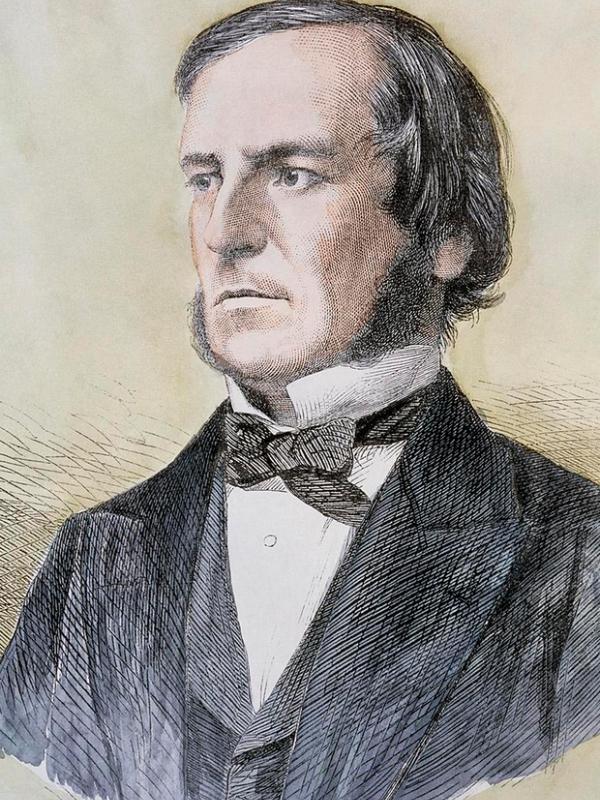
|
UK
|
(1815 – 1864)
|
Boolean algebra;
mathematical logic
|
|
Stokes
|

|
UK
|
(1819 – 1903)
|
Stokes's theorem
(differential geometry);
Stokes line
(complex analysis)
|
|
Chebyshev
|
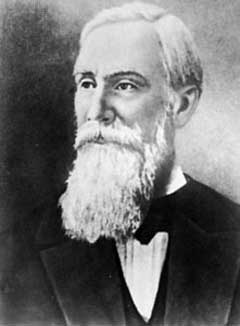
|
RU
|
(1821 – 1894)
|
Chebyshev polynomials;
orthogonal polynomials;
Bienaymé-Chebyshev inequality
(probability theory);
Chebyshev function
(number theory);
Chebyshev's bias
(number theory);
Chebyshev equation
(differential equation)
|
|
Cayley
|
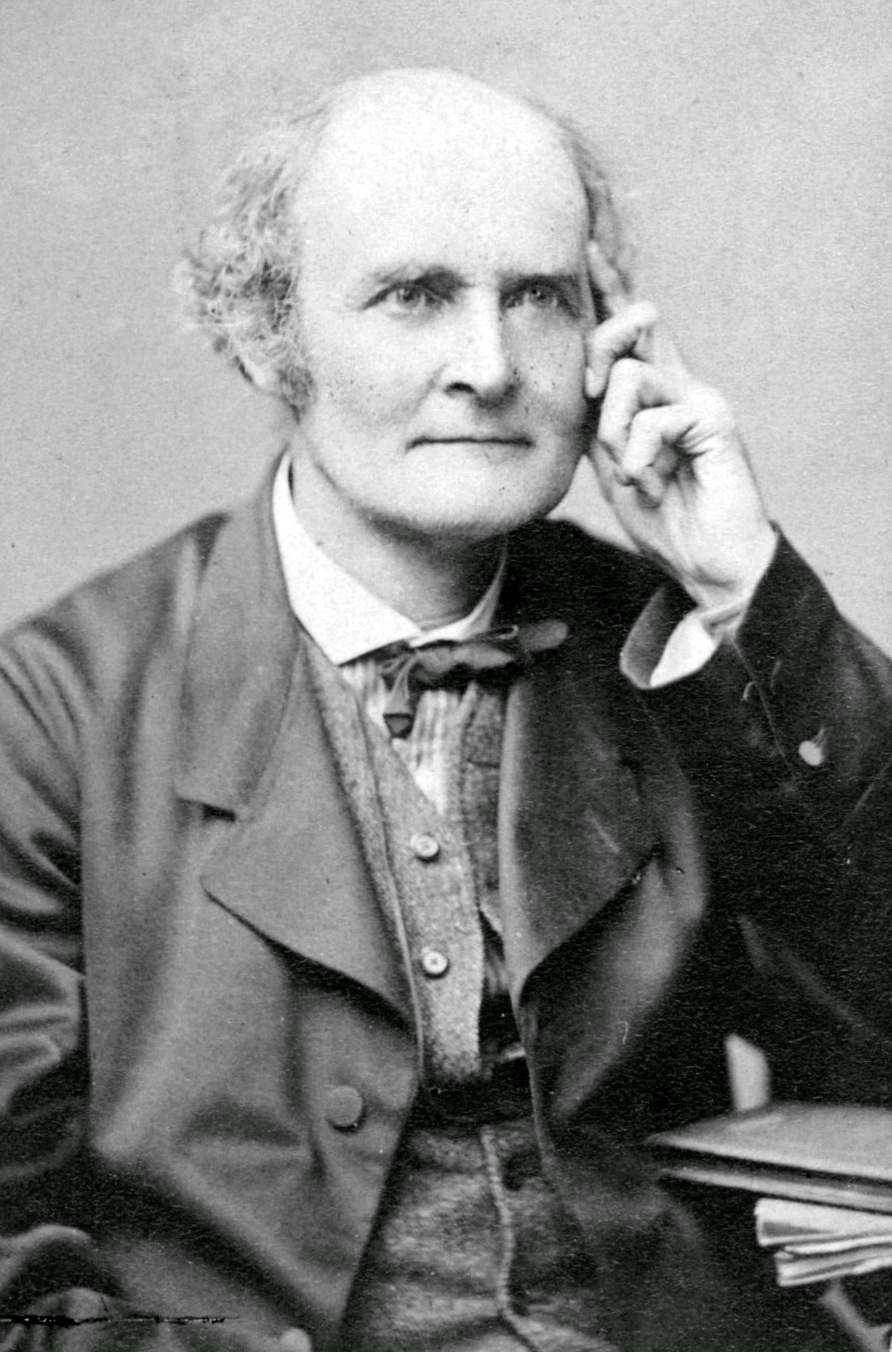
|
UK
|
(1821 – 1895)
|
group theory
(abstract algebra);
Cayley's theorem
(group theory);
Cayley-Hamilton theorem
(matrix theory);
Cayley graph
(graph theory);
Cayley's formula
(graph theory)
|
|
Hermite
|

|
FR
|
(1822 – 1901)
|
Hermitian matrices;
Hermite normal form;
Hermite polynomials;
Hermitian forms;
transcendental numbers
|
|
Eisenstein
|

|
DE
|
(1823 – 1852)
|
Eisenstein criterion
(polynomials);
quadratic reciprocity law;
number theory
|
|
Kronecker
|
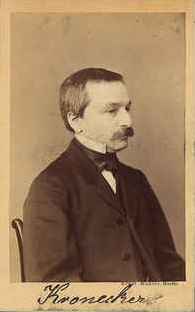
|
DE
|
(1823 – 1891)
|
Kronecker δ;
Kronecker product
(matrix theory);
Kronecker symbol
(number theory);
algebraic number theory
(abstract algebra)
|
|
Brioschi
|
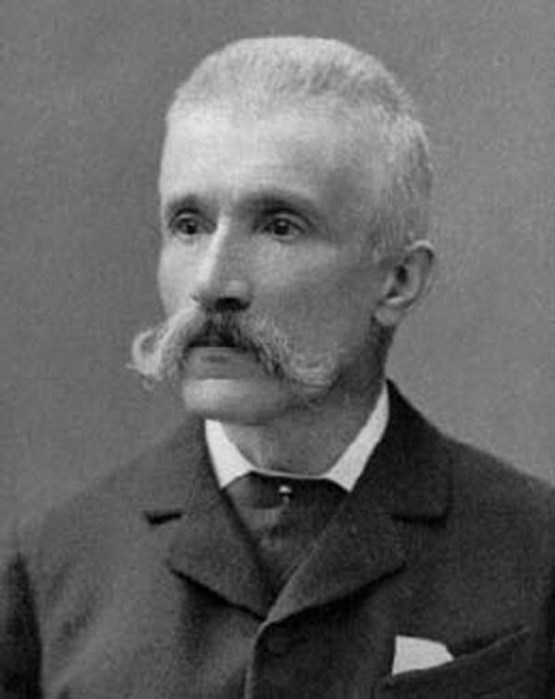
|
IT
|
(1824 – 1897)
|
elliptic functions;
polynomials of degree 5;
polynomials of degree 6
|
|
Riemann
|
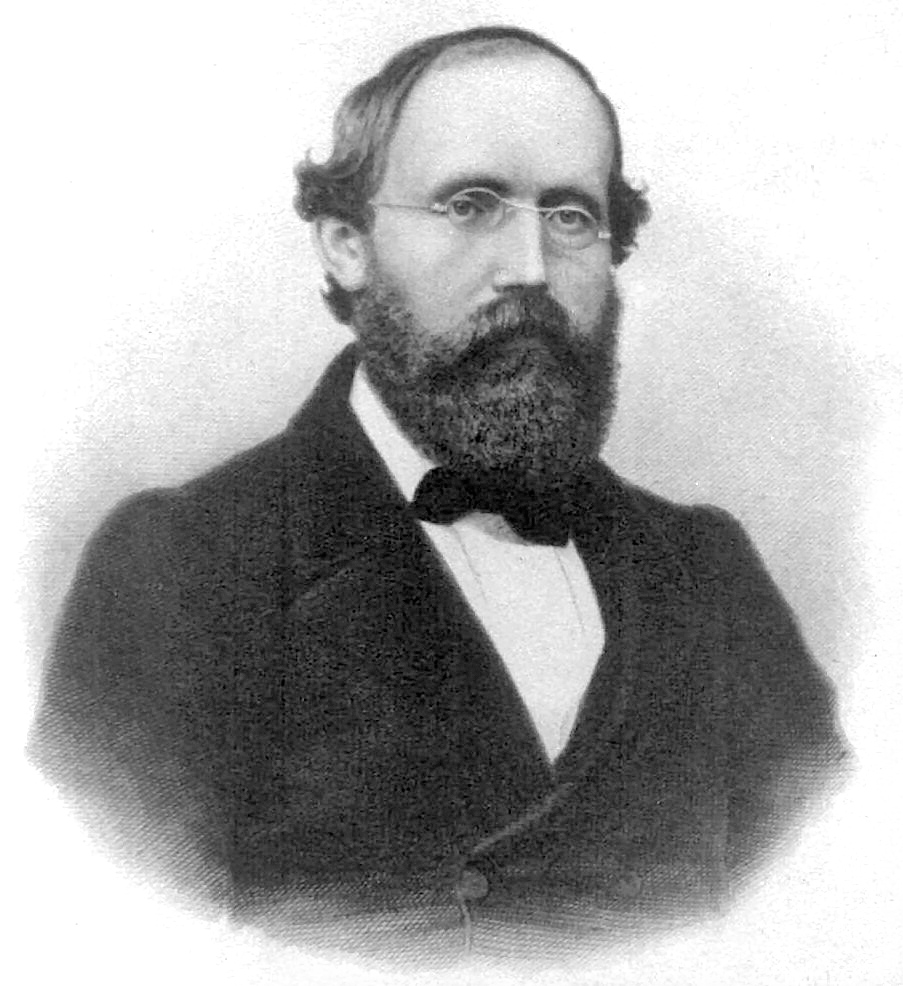
|
DE
|
(1826 – 1866)
|
Riemannian geometry
(non-Euclidean geometry);
Riemann zeta function;
Riemann hypothesis;
Riemann integral
(integral calculus);
real analysis;
differential geometry of surfaces
|
|
Dedekind
|
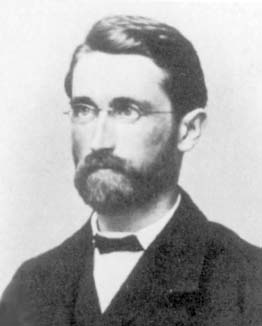
|
DE
|
(1831 – 1916)
|
foundations of mathematics;
set theory;
ring theory
(abstract algebra);
number theory
|
|
Lipschitz
|
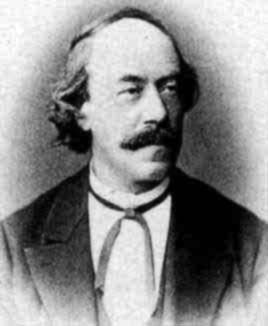
|
DE
|
(1832 – 1903)
|
Lipschitz continuity condition;
Dini-Lipschitz criterion
|
|
Beltrami
|
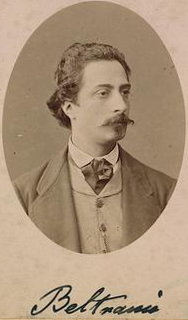
|
IT
|
(1835 – 1899)
|
non-Euclidean geometry;
Beltrami–Klein model
(geometry);
Singular value decomposition
(matrix theory)
|
|
Jordan, Camille
|
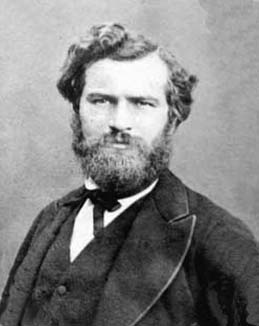
|
FR
|
(1838 – 1922)
|
group theory
(abstract algebra);
Jordan matrix;
Jordan's totient function;
Jordan curve theorem
(topology
|
|
Jordan, Wilhelm
|
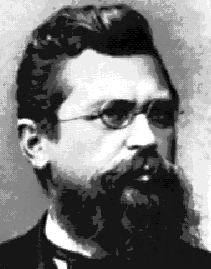
|
DE
|
(1842 – 1899)
|
Gauss-Jordan elimination
(matrix theory)
|
|
Lucas
|

|
FR
|
(1842 – 1891)
|
Diophantine equations;
number theory;
primality tests;
Lucas sequences;
Lucas numbers;
Lucas-Lehmer test;
Mersenne primes
|
|
Darboux
|

|
FR
|
(1842 – 1917)
|
Darboux sums
(integral calculus);
Darboux integral
(integral calculus);
Darboux's formula
(series
and
integral calculus);
Euler-Poisson-Darboux equation
(differential equations);
differential geometry of surfaces
|
|
Lie
|

|
NO
|
(1842 – 1899)
|
Lie groups
(abstract algebra);
group theory
(abstract algebra)
|
|
Cantor
|
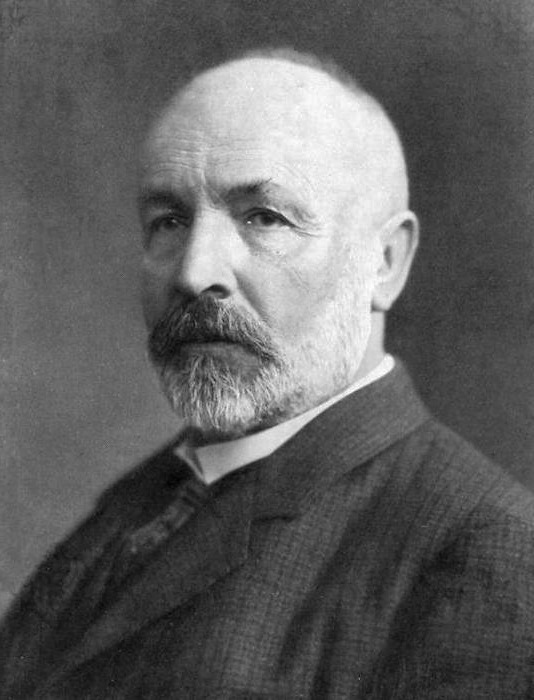
|
DE
|
(1845 – 1918)
|
foundations of mathematics;
axiomatization;
set theory;
transfinite numbers;
cardinal numbers;
ordinal numbers;
transcendental numbers
|
|
Mittag-Leffler
|
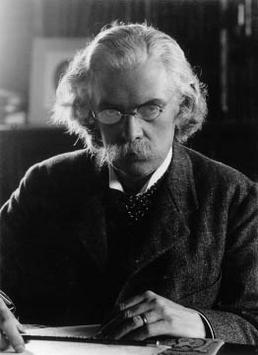
|
SE
|
(1846 – 1927)
|
Mittag-Leffler function
(special functions);
Mittag-Leffler star
(complex analysis)
Mittag-Leffler's theorem
(complex analysis)
Mittag-Leffler summation
(formal power series)
|
|
Klein
|
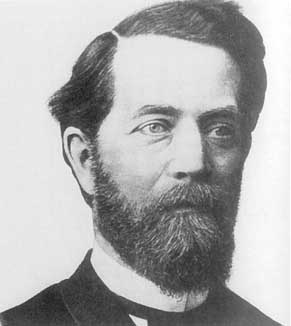
|
DE
|
(1849 – 1925)
|
non-Euclidean geometry;
Klein bottle
(geometry);
Erlangen program
(geometry);
Beltrami–Klein model
(geometry);
group theory
(abstract algebra)
|
|
Frobenius
|
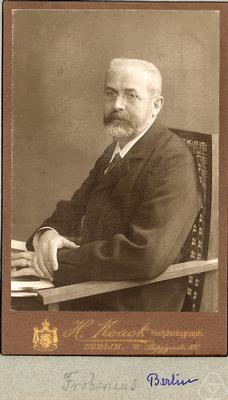
|
DE
|
(1849 – 1917)
|
elliptic functions;
differential equations;
Frobenius algebra
(abstract algebra);
Perron–Frobenius theorem
|
|
Kovalevskaya
|

|
RU
|
(1850 – 1891)
|
Cauchy–Kowalevski theorem
(differential equations);
Abelian integrals
(integral calculus)
|
|
Ricci-Curbastro
|

|
IT
|
(1853 – 1925)
|
tensor calculus;
Ricci flow
(differential geometry);
Ricci curvature
(differential geometry)
|
|
Poincaré
|
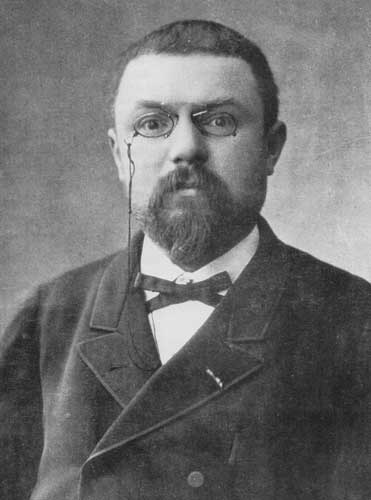
|
FR
|
(1854 – 1912)
|
dynamical systems;
Poincaré map
(chaos theory);
topology;
Poincaré conjecture;
fundamental group
(algebraic topology);
Fuchsian groups;
Kleinian groups;
differential equations
|
|
Appell
|
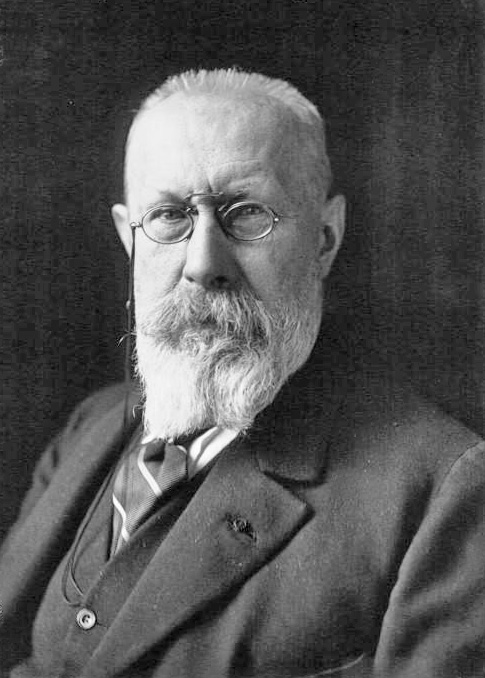
|
FR
|
(1855 – 1930)
|
Appell series;
differential equations;
Appell sequence
(polynomials);
elliptic functions
|
|
Markov
|
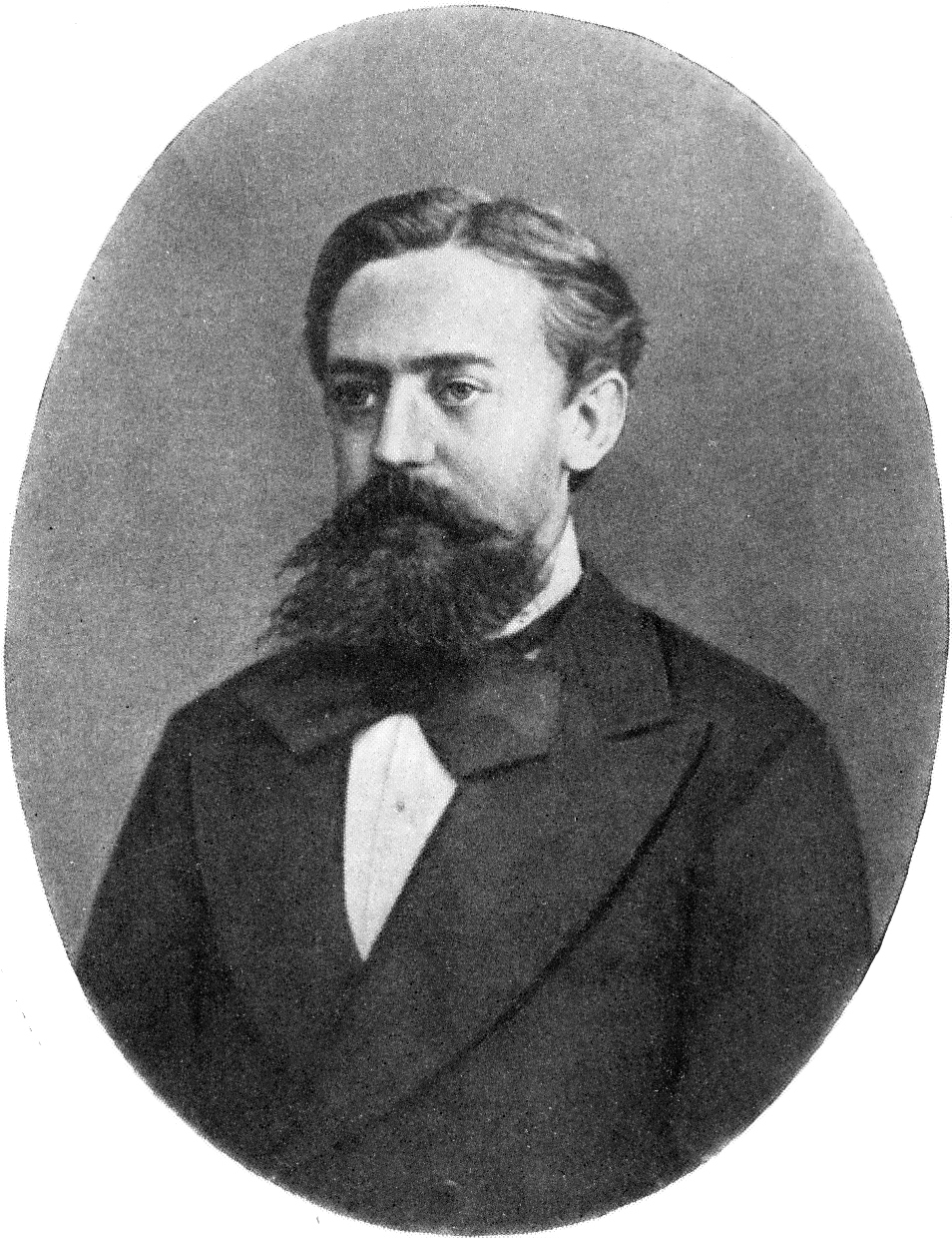
|
RU
|
(1856 – 1922)
|
Markov chains;
Markov processes;
stochastic processes
|
|
Stieltjes
|
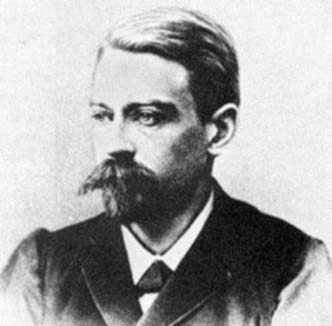
|
NL
|
(1856 – 1894)
|
Riemann-Stieltjes integral
(integral calculus);
continued fractions;
orthogonal polynomials
|
|
Dudeney
|
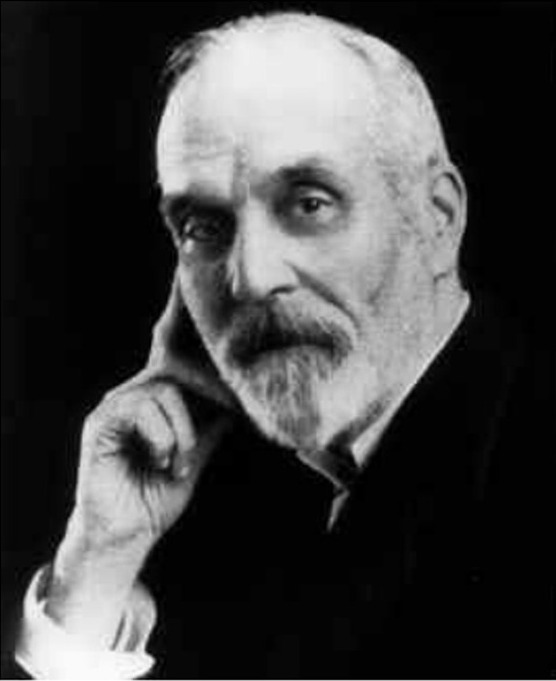
|
UK
|
(1857 – 1930)
|
recreational mathematics
|
|
Lyapunov
|

|
RU
|
(1857 – 1918)
|
differential equations;
Lyapunov exponent
(chaos theory);
central limit theorem
(probability theory)
|
|
Peano
|
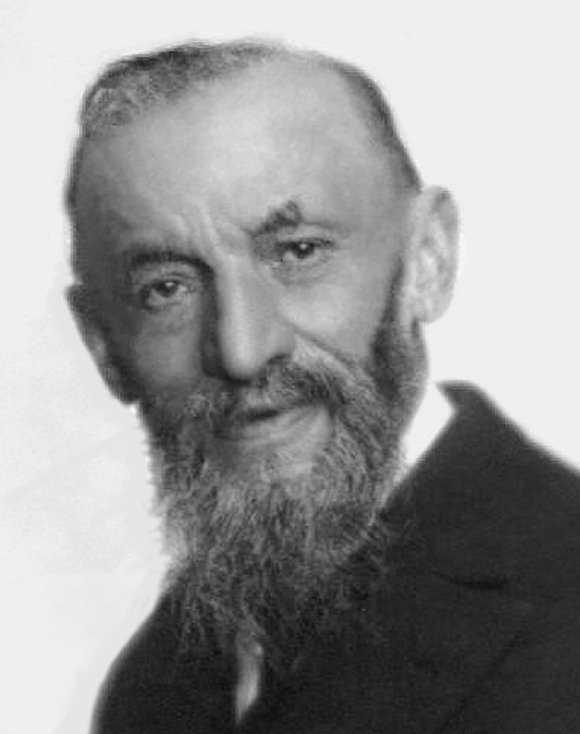
|
IT
|
(1858 – 1932)
|
mathematical logic;
foundations of mathematics;
set theory;
Peano axioms
(axiomatization);
Peano existence theorem
(differential equations)
|
|
Cesàro
|
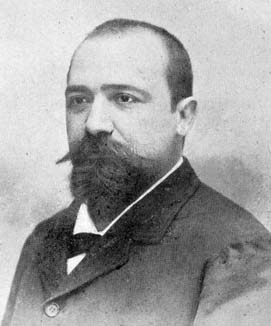
|
IT
|
(1859 – 1906)
|
differential geometry;
Cesàro mean
(divergent series)
|
|
Hölder
|

|
DE
|
(1859 – 1937)
|
abstract algebra;
classification of simple groups
(group theory);
Hölder's inequality
(analysis);
Hölder condition
(analysis);
Hölder's theorem
(gamma function)
|
|
Hilbert
|

|
DE
|
(1862 – 1943)
|
foundations of mathematics;
axiomatization;
Hilbert space;
functional analysis;
Hilbert's 23 problems
|
|
Thue
|
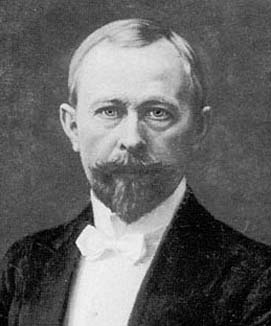
|
NO
|
(1863 – 1922)
|
Diophantine equations;
Diophantine approximations;
Thue equation;
Thue-Siegel-Roth theorem
|
|
Painlevé
|
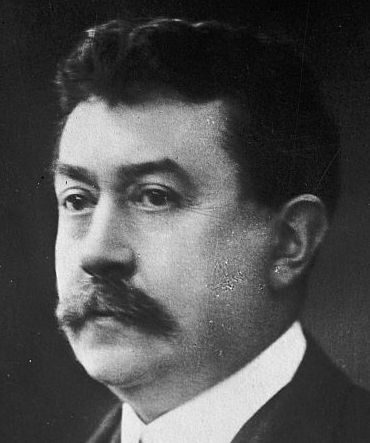
|
FR
|
(1863 – 1933)
|
differential equations
|
|
Minkowski
|
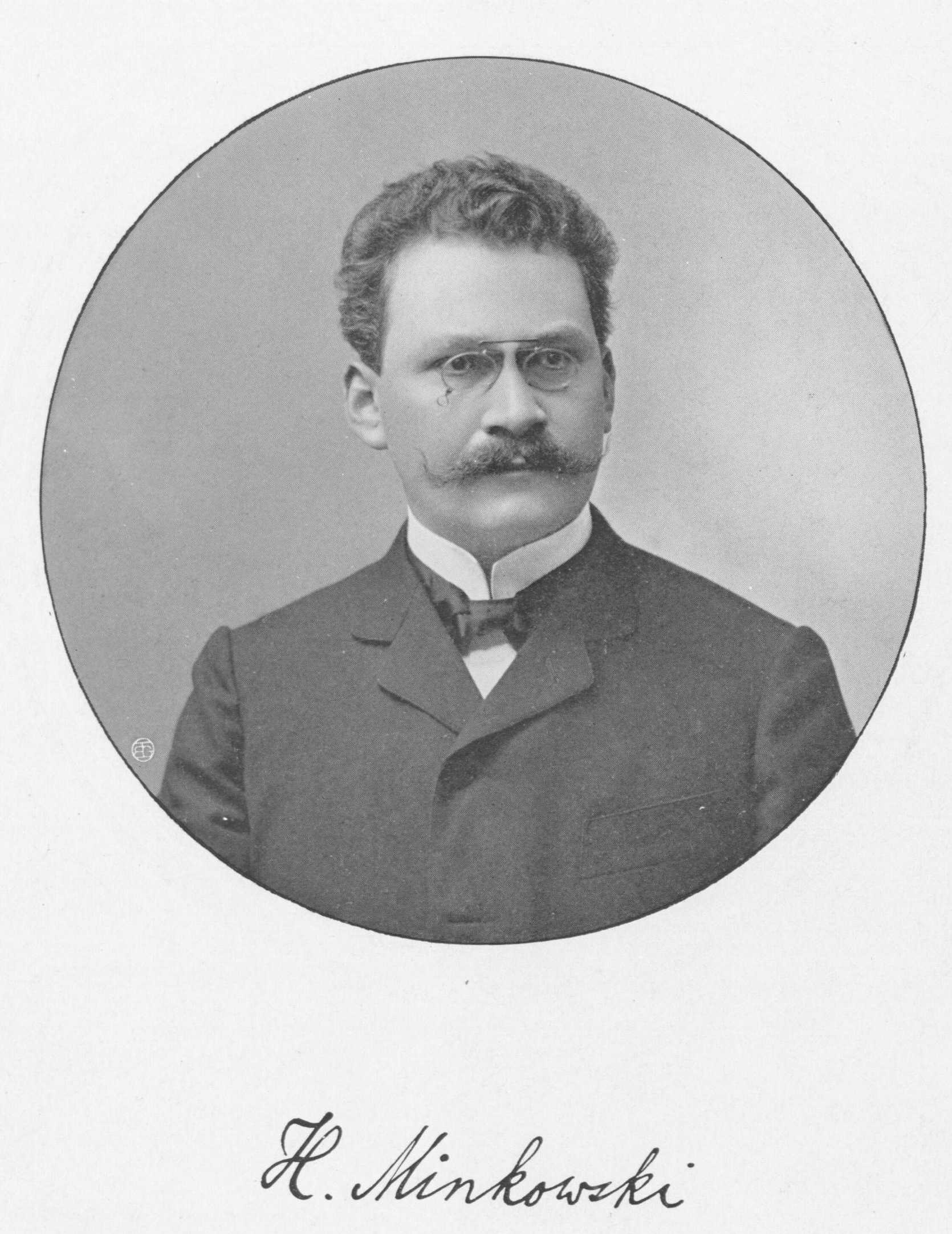
|
DE
|
(1864 – 1909)
|
Minkowski inequality;
number theory
|
|
Hadamard
|
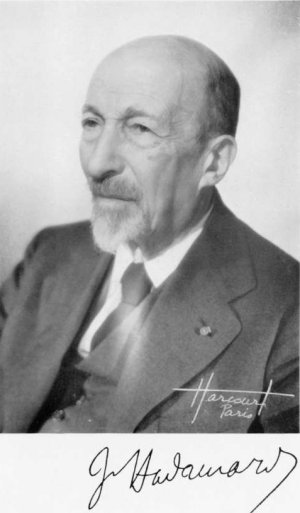
|
FR
|
(1865 – 1963)
|
prime number theorem
(number theory);
complex analysis;
differential geometry;
calculus of variations;
differential equations
|
|
Hausdorff
|
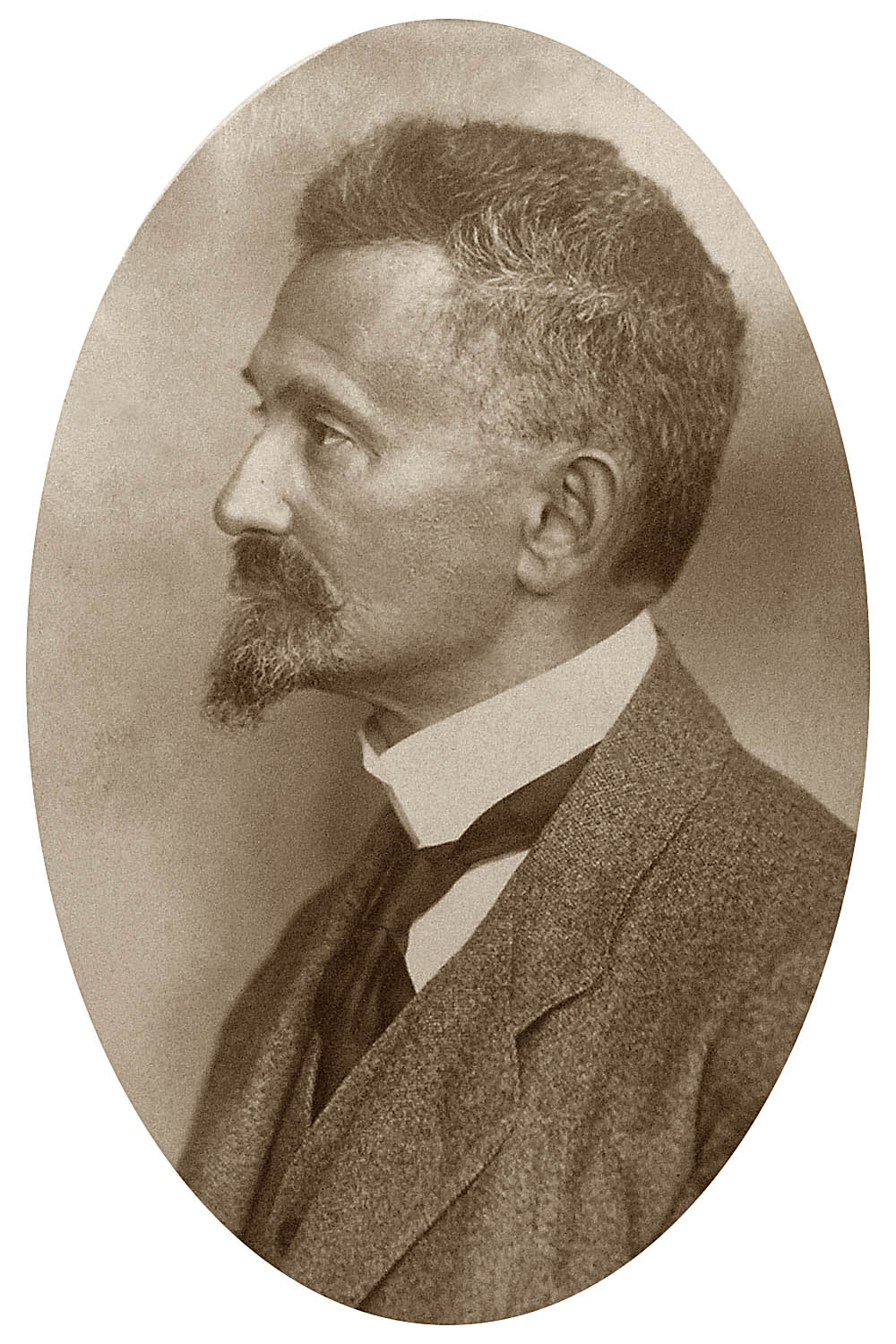
|
DE
|
(1868 – 1942)
|
Hausdorff space;
topology;
Hausdorff maximal principle
(set theory);
Hausdorff measure
(measure theory)
|
|
Cartan
|
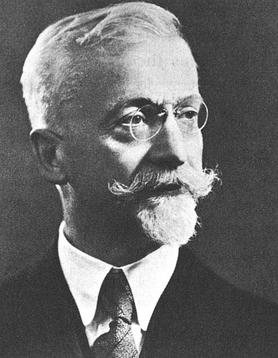
|
FR
|
(1869 – 1951)
|
Cartan matrix;
group theory
(abstract algebra);
Cartan decomposition
(abstract algebra);
Cartan's theorem
(abstract algebra)
|
|
Borel
|

|
FR
|
(1871 – 1956)
|
Borel set
(topology);
measure theory;
probability theory
|
|
Zermelo
|
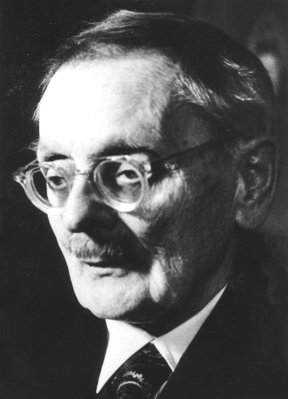
|
DE
|
(1871 – 1953)
|
mathematical logic;
foundations of mathematics;
axiomatization;
Zermelo-Fraenkel axioms
(set theory)
|
|
Russell
|

|
UK
|
(1872 – 1970)
|
mathematical logic;
foundations of mathematics;
Russell's paradox
|
|
Levi-Civita
|

|
IT
|
(1873 – 1941)
|
tensor calculus;
Hamilton–Jacobi equation
|
|
Lebesgue
|
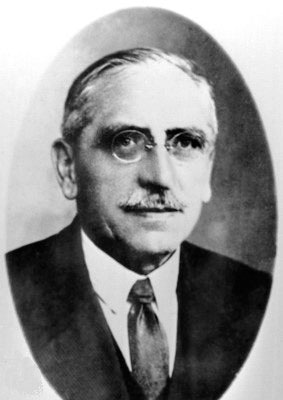
|
FR
|
(1875 – 1941)
|
Lebesgue integration
(integral calculus);
measure theory
|
|
Hardy
|
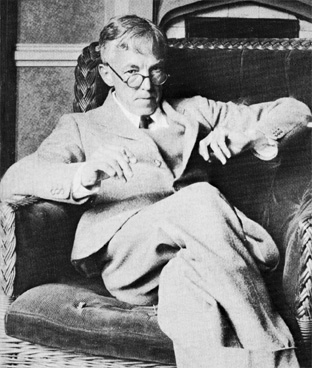
|
UK
|
(1877 – 1947)
|
number theory;
mathematical analysis;
Waring's problem;
Hardy–Littlewood conjectures
|
|
Fejér
|
|
HU
|
(1880 – 1959)
|
harmonic analysis;
Fejér kernel
(Fourier series);
Fejér's theorem
|
|
Perron
|
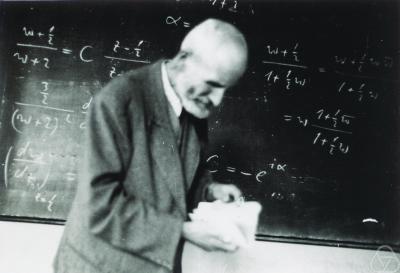
|
DE
|
(1880 – 1975)
|
Perron method
(differential equations);
Perron–Frobenius theorem
(matrix theory);
Perron's formula
(number theory)
|
|
Brouwer
|
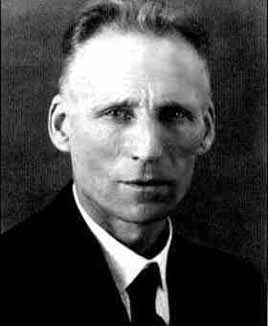
|
NL
|
(1881 – 1966)
|
topology;
Brouwer's fixed-point theorem
(algebraic topology);
simplicial approximation theorem
(algebraic topology);
invariance of domain
(topology)
|
|
Littlewood
|
|
UK
|
(1885 – 1977)
|
number theory;
mathematical analysis;
Diophantine approximation;
Waring's problem;
Hardy–Littlewood conjectures
|
|
Weyl
|
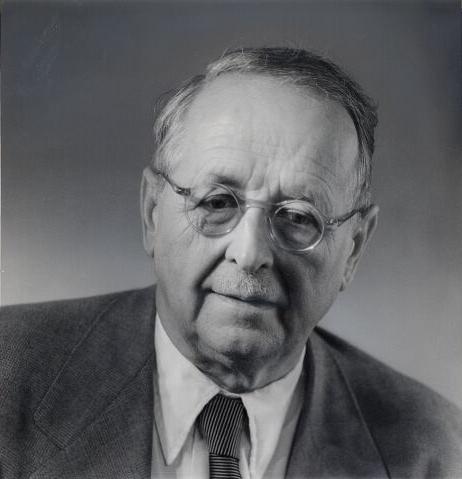
|
DE
|
(1885 – 1955)
|
Riemann surfaces
(topology);
compact groups
(abstract algebra);
Weyl groups
(abstract algebra);
Lie algebras
(abstract algebra);
Weyl law
(eigenvalues);
Weyl's criterion
(Diophantine equations)
|
|
Riesz
|
|
HU
|
(1886 – 1969)
|
divergent series;
partial differential equations
|
|
Pólya
|
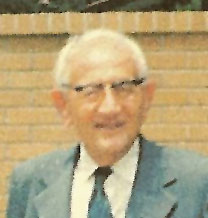
|
HU
|
(1887 – 1985)
|
heuristics;
combinatorics;
number theory;
probability theory
|
|
Ramanujan
|
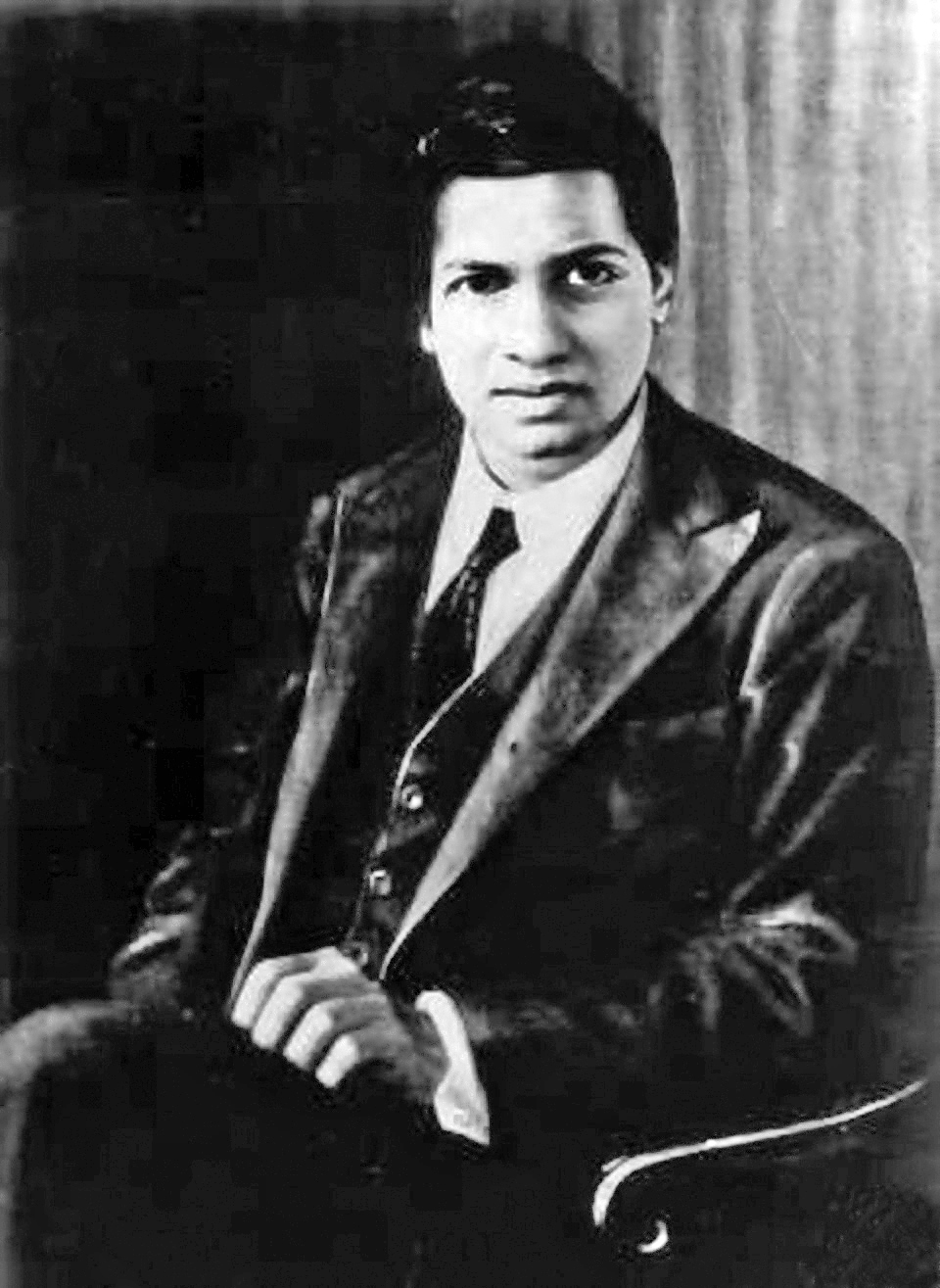
|
IN
|
(1887 – 1920)
|
number theory;
series;
continued fractions;
Ramanujan-Petersson conjecture
|
|
Mordell
|
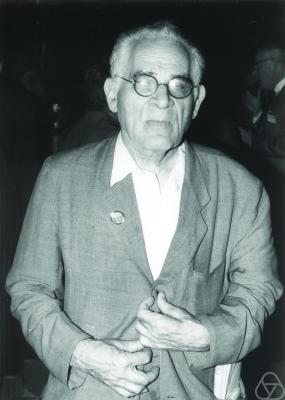
|
UK
|
(1888 – 1972)
|
number theory;
Diophantine equations;
Mordell curve;
modular forms;
Mordell-Weil theorem;
Mordell conjecture
|
|
Fraenkel
|
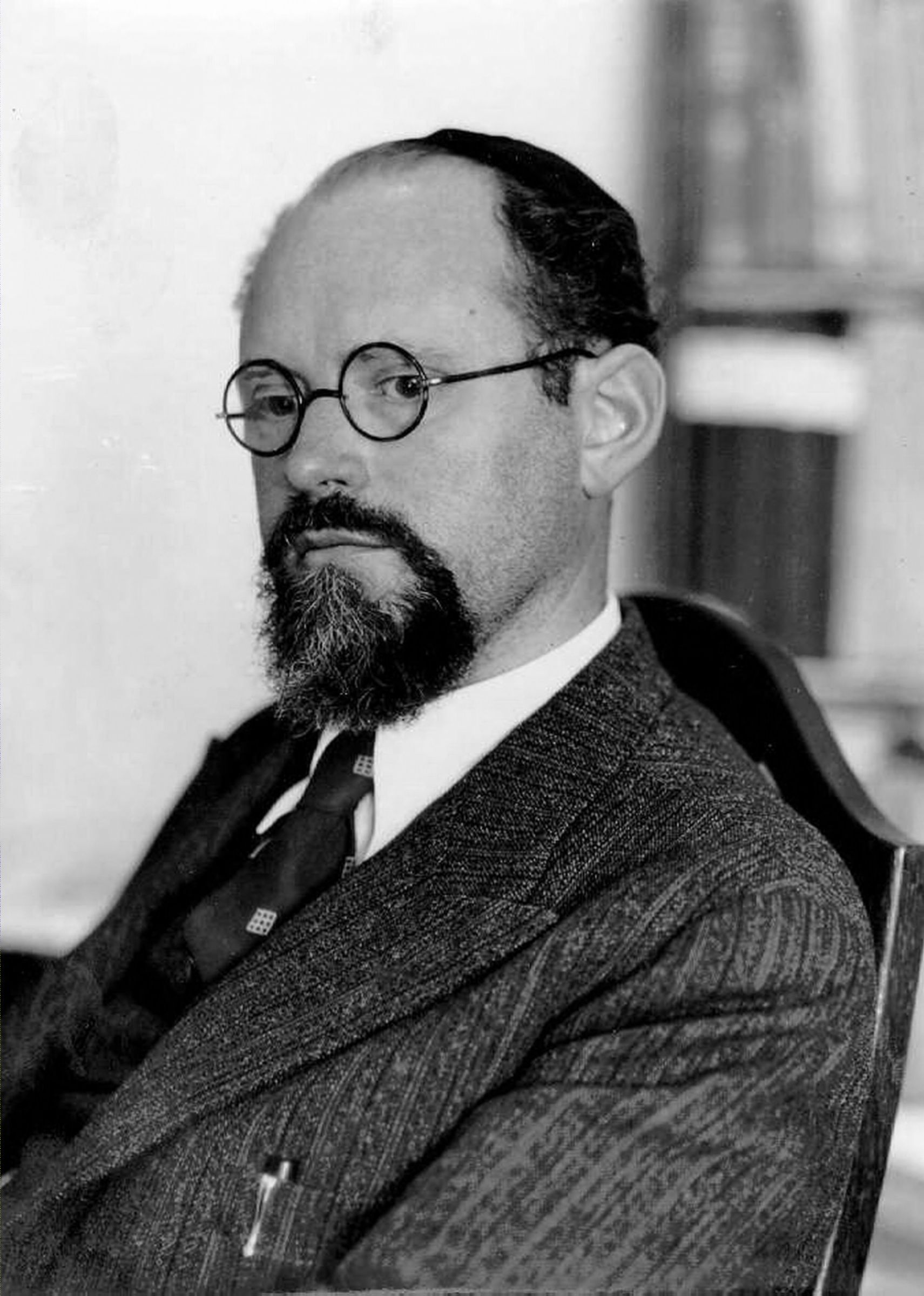
|
DE
⇒
IL
|
(1891 – 1965)
|
mathematical logic;
foundations of mathematics;
axiomatization;
Zermelo-Fraenkel axioms
(set theory)
|
|
Vinogradov
|
|
RU
|
(1891 – 1983)
|
analytic number theory
|
|
Banach
|

|
PL
|
(1892 – 1945)
|
Banach space
(functional analysis);
Banach algebra
(functional analysis);
Banach-Tarski paradox
(topology)
|
|
Szegö
|
|
HU
|
(1895 – 1985)
|
orthogonal polynomials;
Toeplitz matrices
|
|
Artin
|
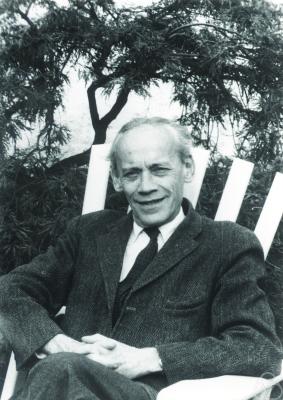
|
AT
⇒
US
|
(1898 – 1962)
|
Artinian rings
(abstract algebra);
algebraic number theory
(abstract algebra);
Galois theory;
braid theory
(topology)
|
| |
|
|
|
|
|
Van der Waerden
|

|
NL
|
(1903 – 1996)
|
abstract algebra;
history of mathematics;
book
|
|
Kolmogorov
|
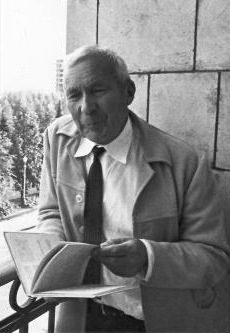
|
RU
|
(1903 – 1987)
|
probability theory;
differential equations;
KAM theorem
(integrable systems);
stochastic processes
|
|
Von Neumann
|

|
HU
⇒
US
|
(1903 – 1957)
|
foundations of mathematics;
measure theory;
ergodic theory
|
|
Lehmer
|
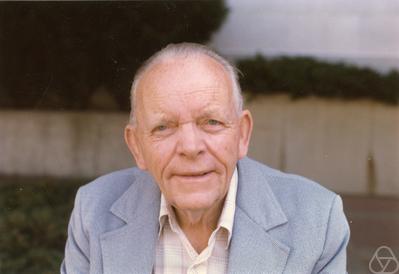
|
US
|
(1905 – 1991)
|
number theory;
primality tests;
Lucas-Lehmer test;
Mersenne primes
|
|
Gödel
|

|
AT
|
(1906 – 1978)
|
mathematical logic;
foundations of mathematics;
Gödel's incompleteness theorems
|
|
Weil
|

|
FR
|
(1906 – 1998)
|
number theory;
algebraic geometry;
Mordell-Weil theorem;
Weil conjectures;
history of mathematics
|
|
Dieudonné
|

|
FR
|
(1906 – 1992)
|
Dieudonné module
(abstract algebra);
Dieudonné ring
(abstract algebra);
history of mathematics;
books
|
|
Erdélyi
|
|
HU
|
(1908 – 1977)
|
special functions;
orthogonal polynomials;
hypergeometric functions
|
|
Sobolev
|
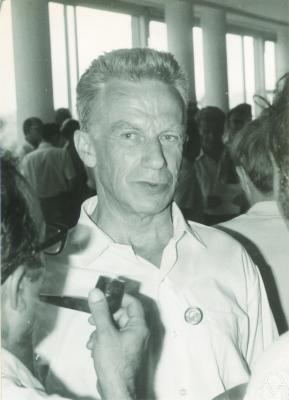
|
RU
|
(1908 – 1989)
|
theory of distributions;
Sobolev space
(analysis)
|
|
Turán
|

|
HU
|
(1910 – 1976)
|
number theory;
graph theory
|
|
Erdös
|
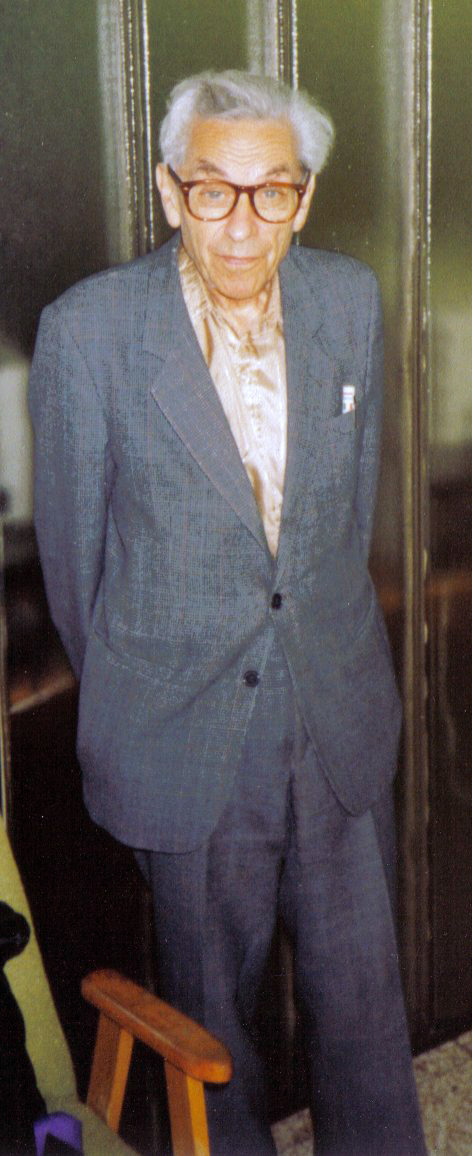
|
HU
|
(1913 – 1996)
|
graph theory;
number theory;
Prime Number Theorem;
probability theory
|
|
Gelfand
|

|
RU
|
(1913 – 2009)
|
group theory;
representation theory;
functional analysis
|
|
Gardner
|

|
US
|
(1914 – 2010)
|
recreational mathematics
|
|
Schwartz
|

|
FR
|
(1915 – 2002)
|
theory of distributions
|
|
Ito
|
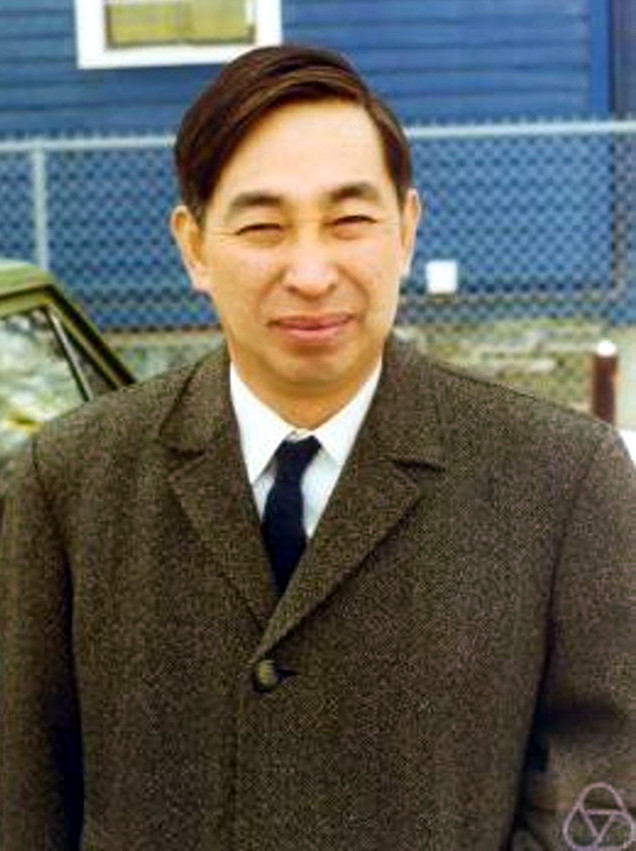
|
JP
|
(1915 – 2008)
|
probability theory;
stochastic differential equations;
Ito's lemma
|
|
Iwasawa
|
|
JP
|
(1917 – 1998)
|
Iwasawa decomposition
(abstract algebra)
Iwasawa algebra
(abstract algebra)
Iwasawa theory
(abstract algebra)
|
|
Thom
|
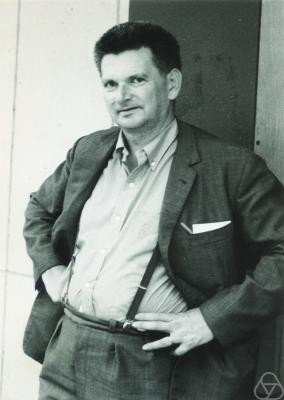
|
FR
|
(1923 – 2002)
|
topology;
catastrophe theory;
singularity theory
|
|
Zeeman
|
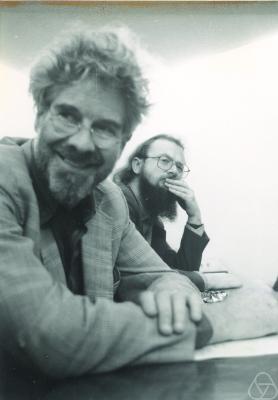
|
UK
|
(1925 – )
|
geometric topology;
Poincaré conjecture for n=5;
catastrophe theory;
singularity theory
|
|
Serre
|

|
FR
|
(1926 – )
|
algebraic geometry;
algebraic number theory
(abstract algebra)
|
|
Lang
|

|
US
|
(1927 – 2005)
|
abstract algebra;
Diophantine geometry;
modular forms;
books
|
|
Taniyama
|

|
JP
|
(1927 – 1958)
|
Fermat's last theorem
(number theory);
Taniyama-Shimura conjecture
(topology
and
number theory)
|
|
Grothendieck
|
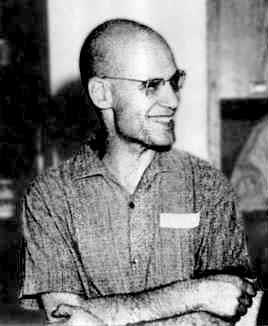
|
DE
⇒
stateless
⇒
FR
|
(1928 – 2014)
|
algebraic geometry;
algebraic number theory
(abstract algebra)
|
|
Shimura
|

|
JP
|
(1930 – 2019)
|
Fermat's last theorem
(number theory);
Taniyama-Shimura conjecture
(topology
and
number theory)
|
|
Smale
|

|
US
|
(1930 – )
|
geometric topology;
h-cobordism;
Poincaré conjecture for n≥5
|
|
Stallings
|

|
US
|
(1935 – 2008)
|
geometric group theory;
Stallings theorem about ends of groups
(group theory);
geometric topology;
Poincaré conjecture for n=6;
|
|
Langlands
|

|
CA
|
(1936 – )
|
abstract algebra;
Langlands program
(algebra
and
analysis)
|
|
Manin
|

|
RU
|
(1937 – )
|
algebraic geometry;
arithmetic topology;
Diophantine geometry;
Gauss-Manin connection
|
|
Arnold
|

|
RU
|
(1937 – 2010)
|
differential equations;
dynamical systems;
KAM theorem
(integrable systems);
catastrophe theory;
mathematical physics
|
|
Mazur
|
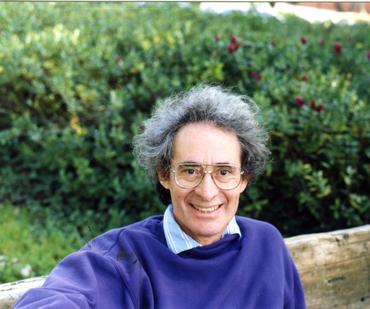
|
US
|
(1937 – )
|
geometric topology;
arithmetic topology;
Diophantine geometry
|
|
Hamilton, Richard
|

|
US
|
(1943 – )
|
differential geometry;
Ricci flow
(differential geometry)
|
|
Stewart
|
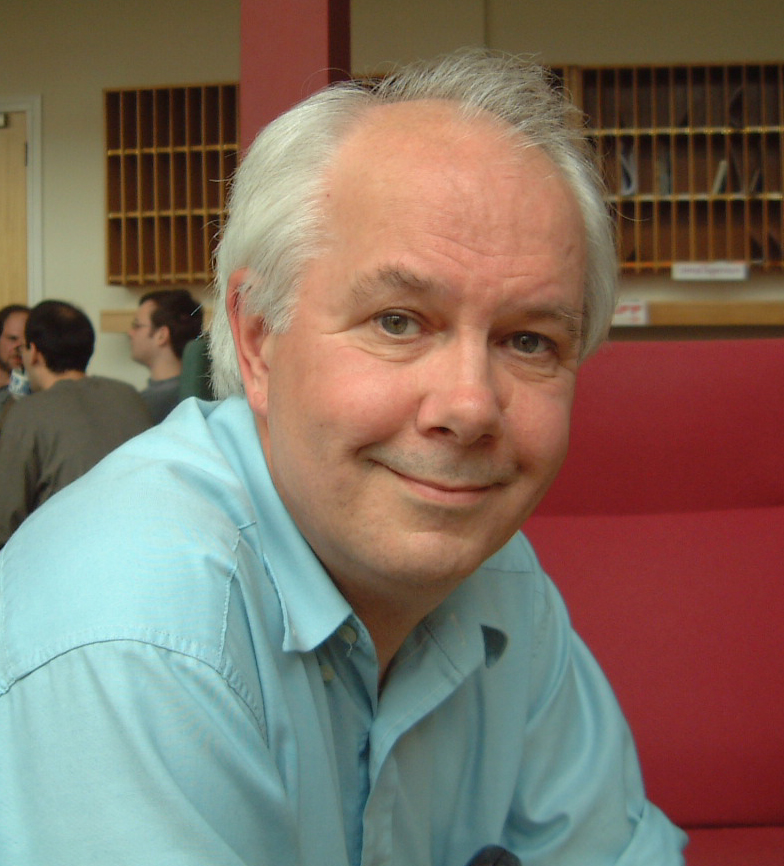
|
UK
|
(1945 – )
|
recreational mathematics
|
|
Thurston
|
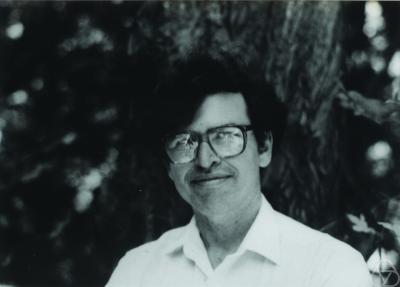
|
US
|
(1946 – 2012)
|
manifolds;
(topology);
foliation theory;
(topology);
Thurston's geometrization conjecture
(geometric topology)
|
|
Matiyasevich
|
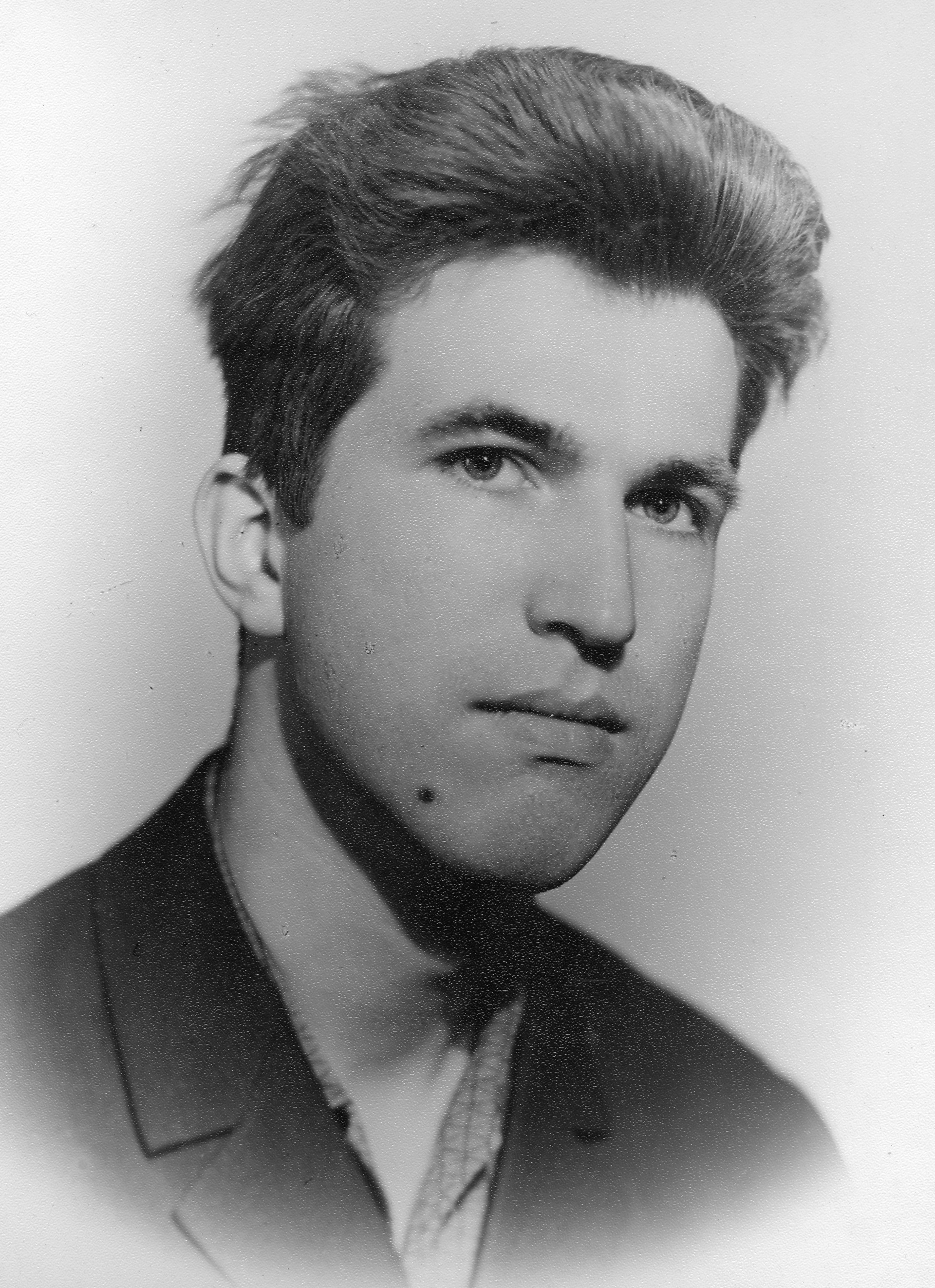
|
RU
|
(1947 – )
|
Hilbert's tenth problem;
Diophantine equations
|
|
Ribet
|

|
US
|
(1948 – )
|
Fermat's last theorem
(number theory);
modular forms;
Taniyama-Shimura conjecture
(topology
and
number theory)
|
|
Freedman
|

|
US
|
(1951 – )
|
geometric topology;
Poincaré conjecture for n=4;
|
|
Wiles
|
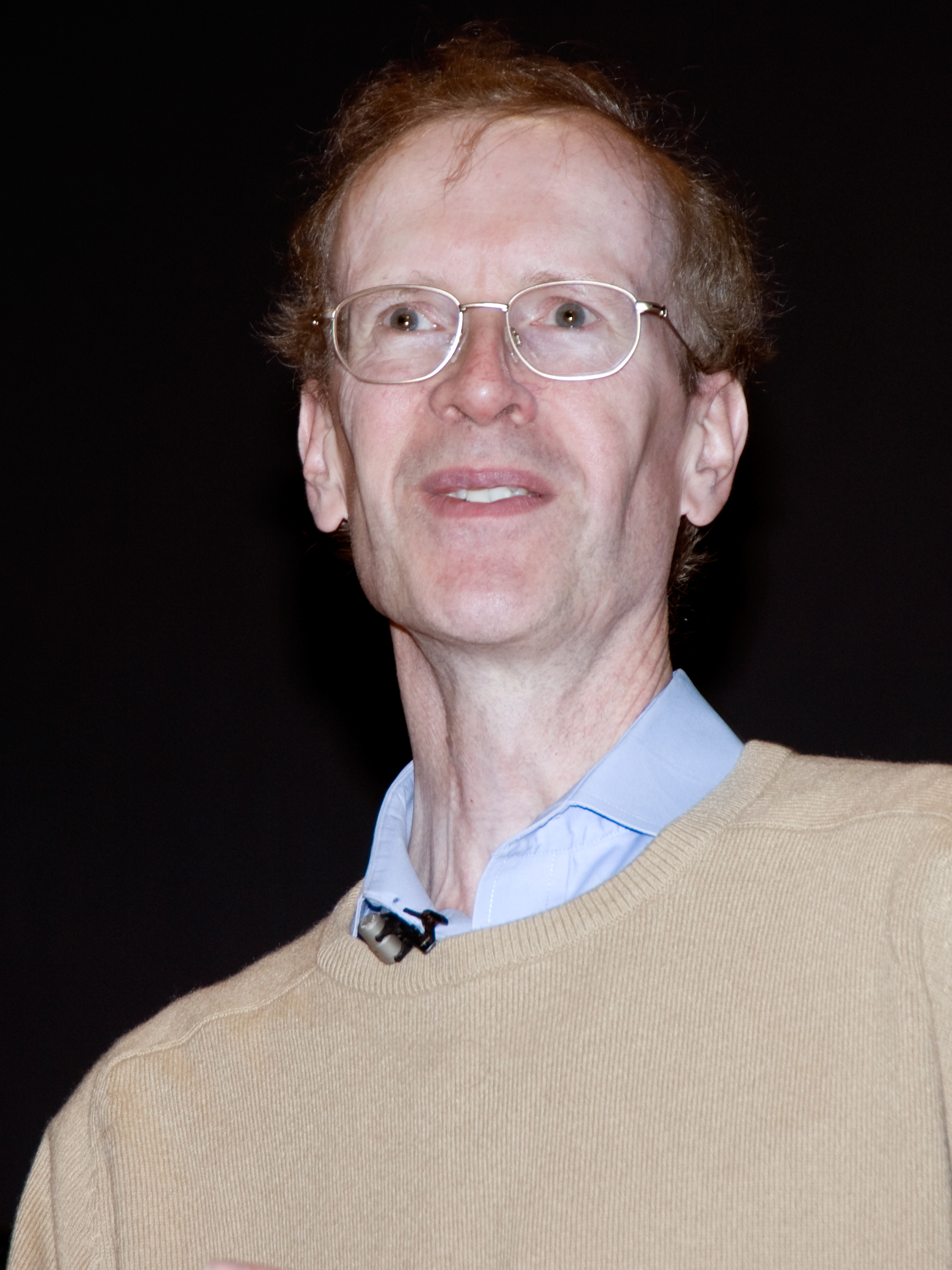
|
UK
|
(1953 – )
|
Fermat's last theorem
(number theory);
Taniyama-Shimura conjecture
(topology
and
number theory)
|
|
Faltings
|
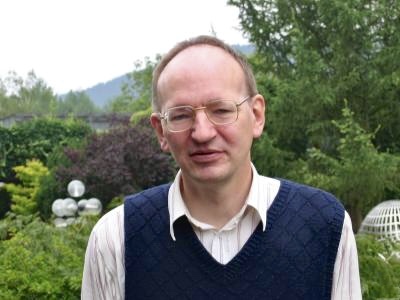
|
DE
|
(1954 – )
|
number theory;
Mordell conjecture
|
|
Lions
|

|
FR
|
(1956 – )
|
nonlinear partial differential equations
|
|
Yoccoz
|

|
FR
|
(1957 – 2016)
|
dynamical systems
|
|
Taylor, Richard
|

|
UK
|
(1962 – )
|
Fermat's last theorem
(number theory);
Taniyama-Shimura conjecture
(topology
and
number theory);
Langlands program
(algebra
and
analysis)
|
|
Perelman
|

|
RU
|
(1966 – )
|
geometric topology;
Poincaré conjecture for n=3;
Thurston's geometrization conjecture
(geometric topology)
|
|
Tao
|
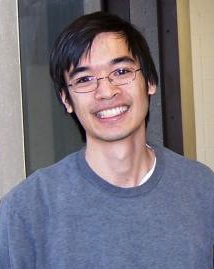
|
AU
⇒
US
|
(1975 – )
|
Green-Tao theorem
(number theory);
circular law
(probability theory);
Hardy-Littlewood prime tuples conjecture;
prime gaps
(number theory)
|





























































































































































